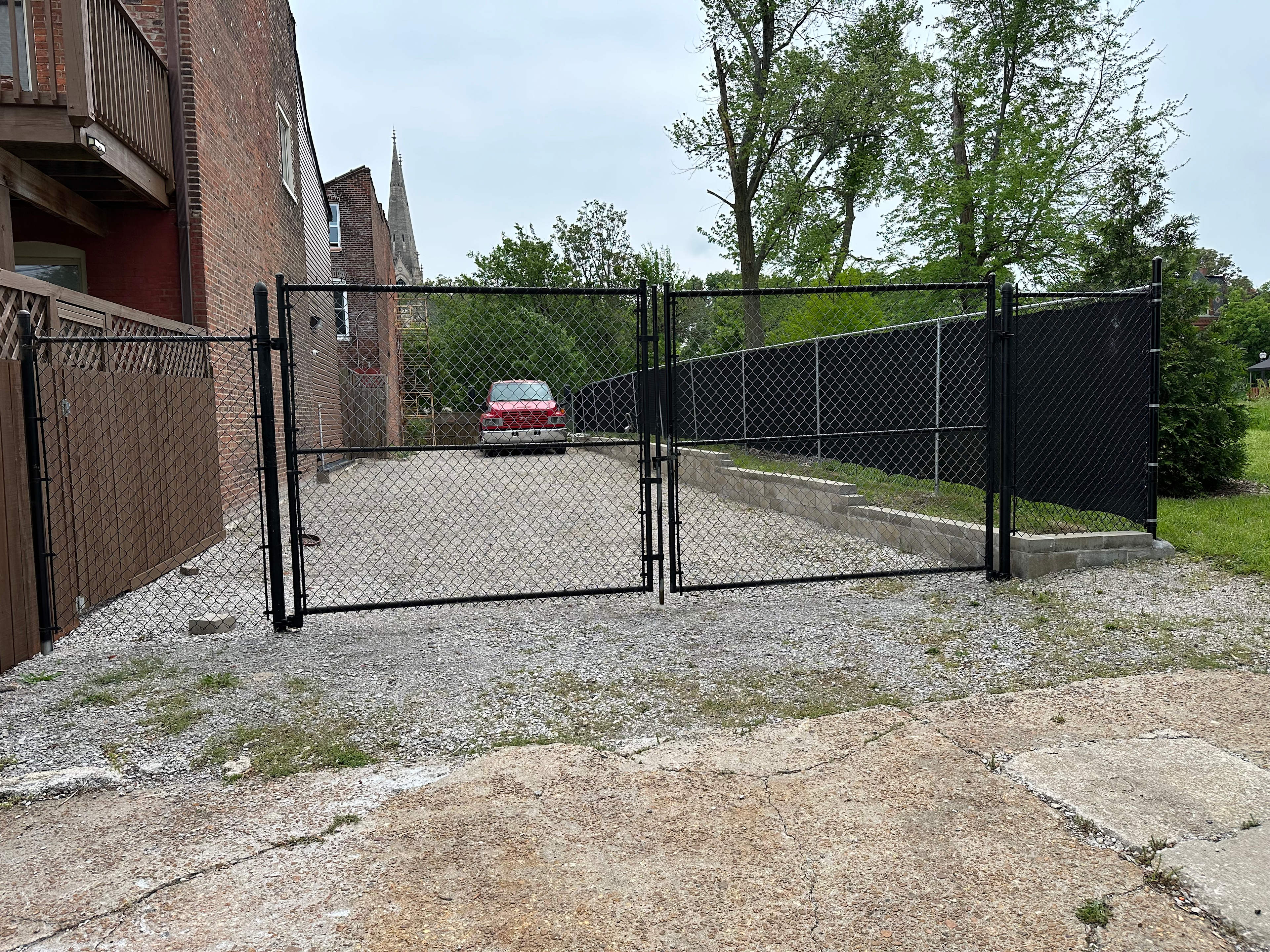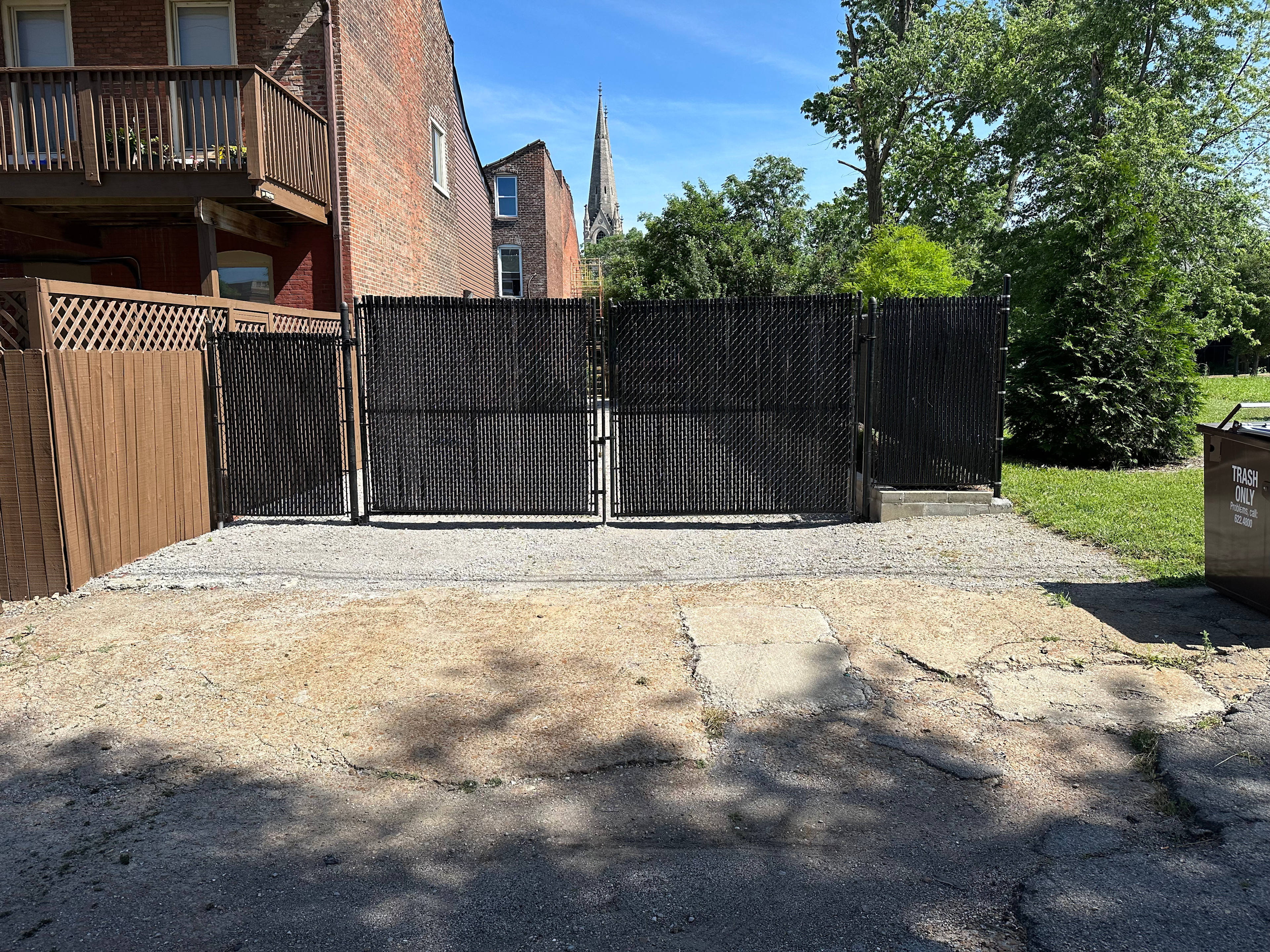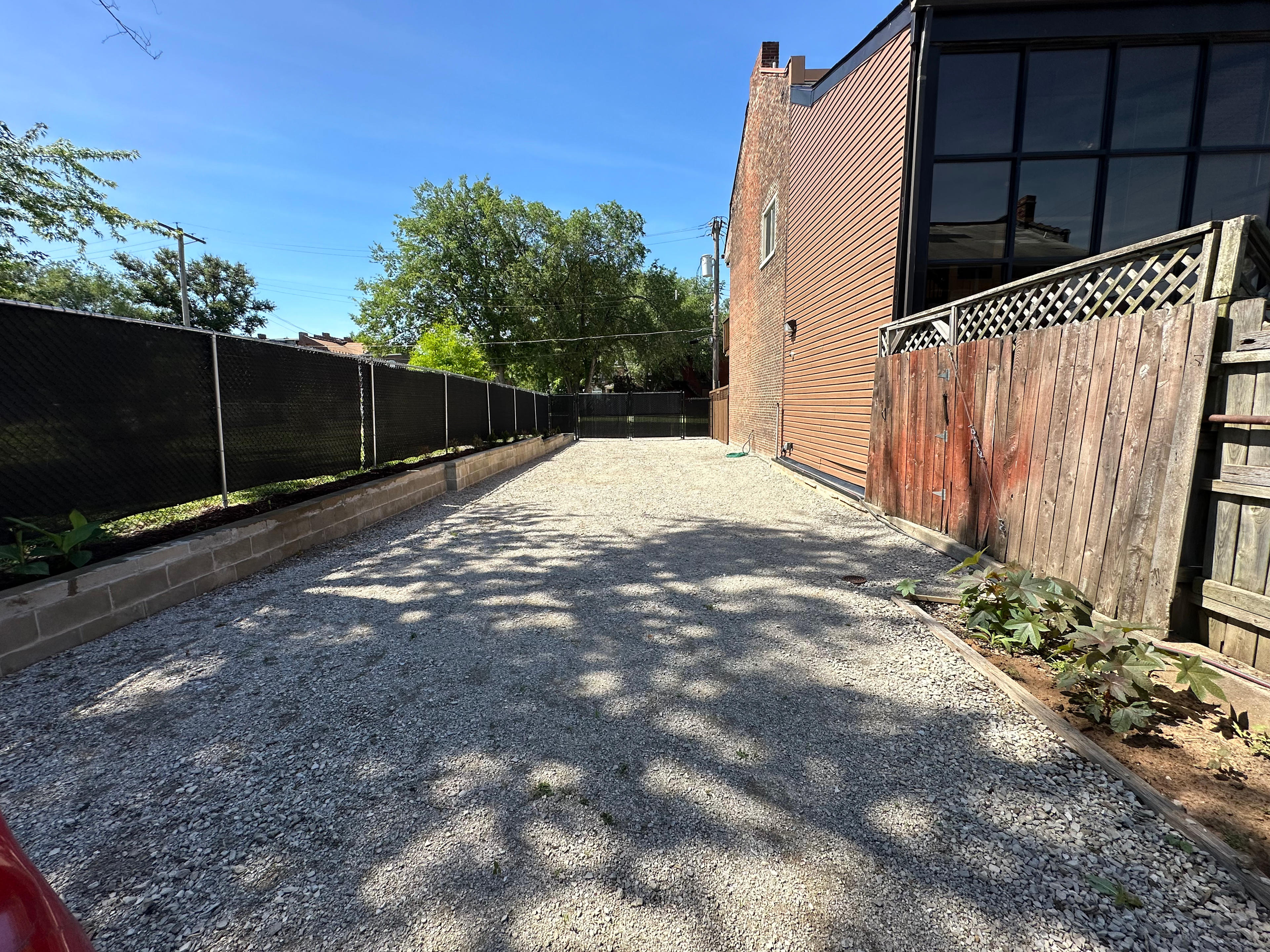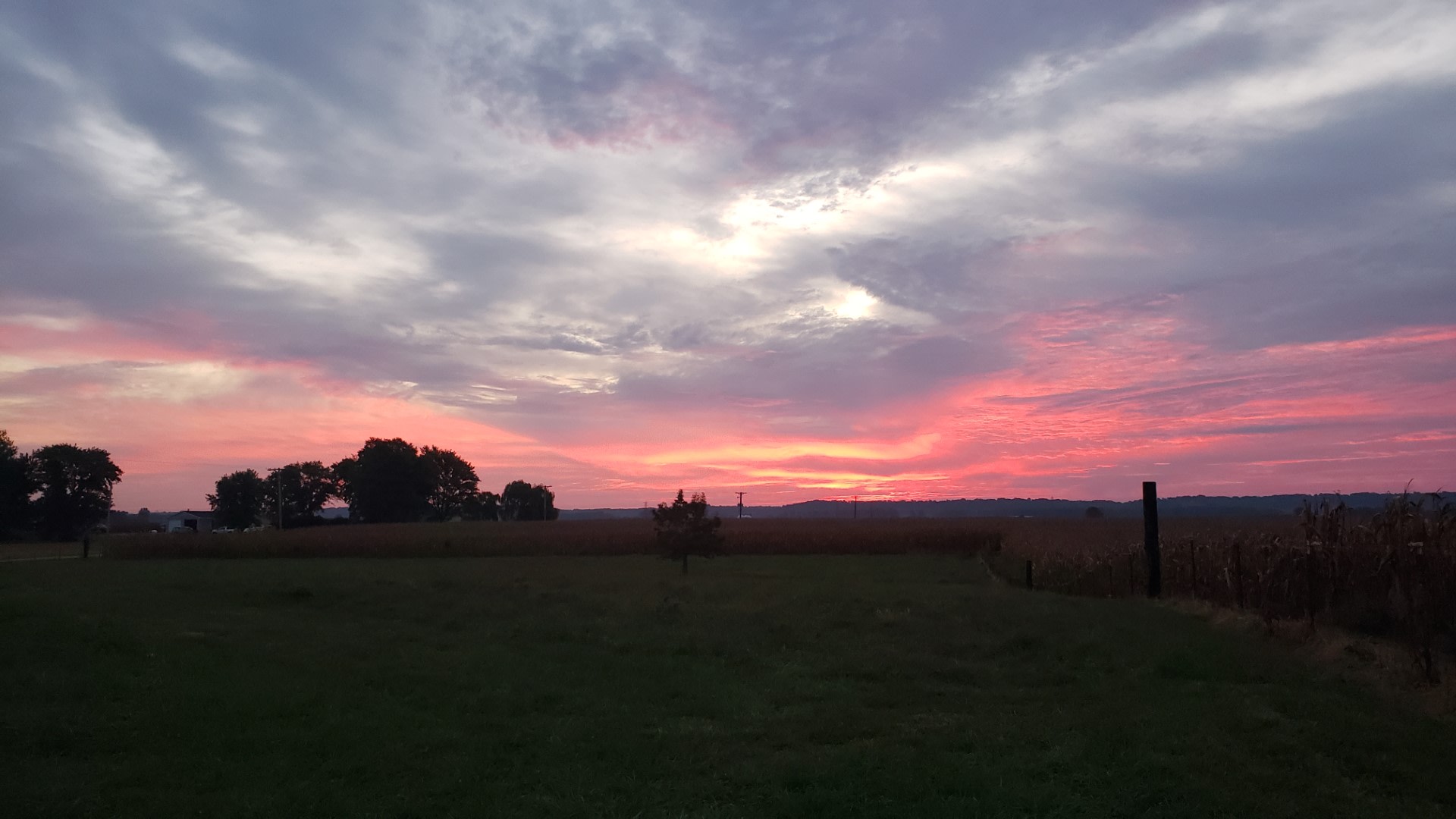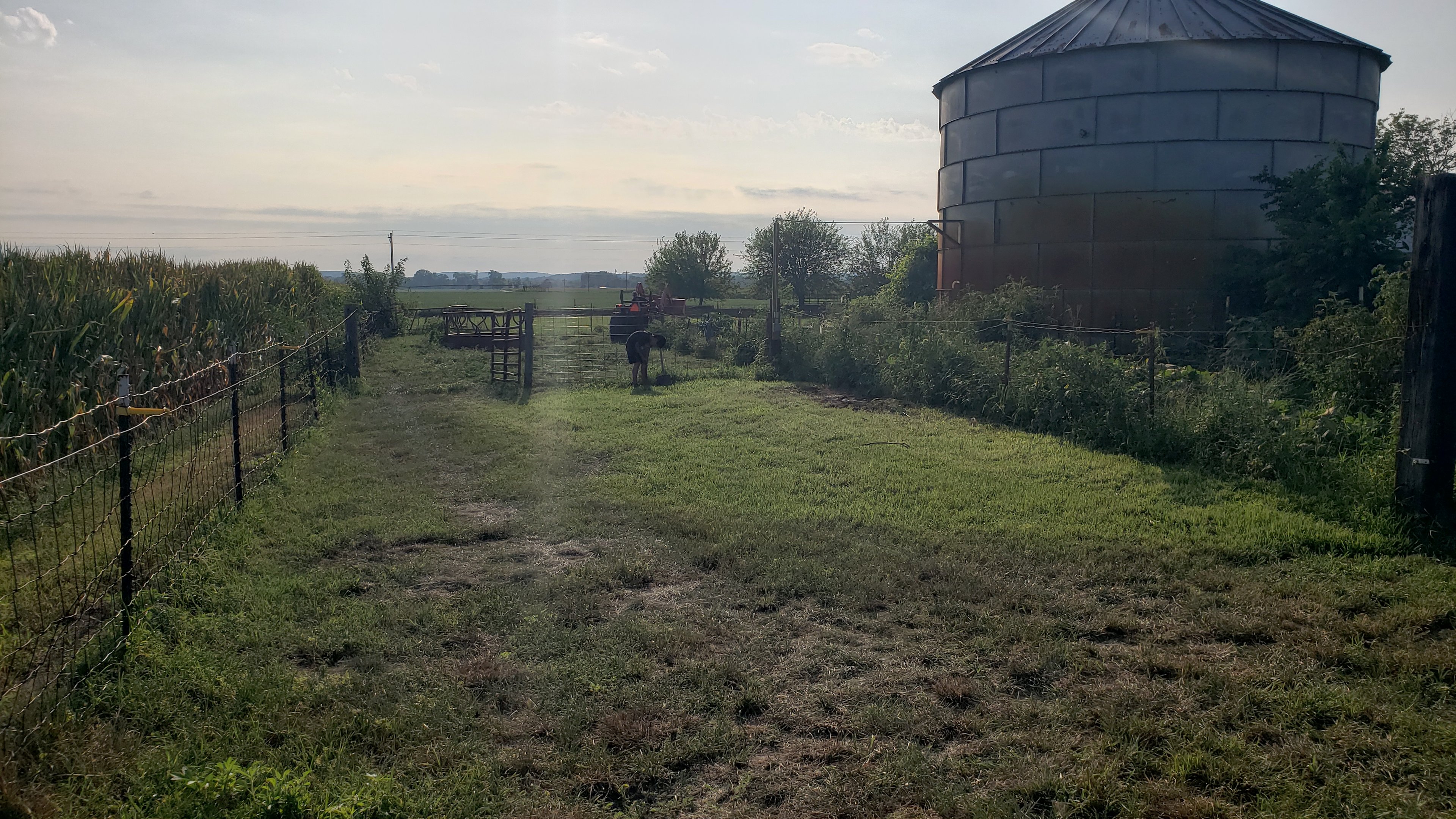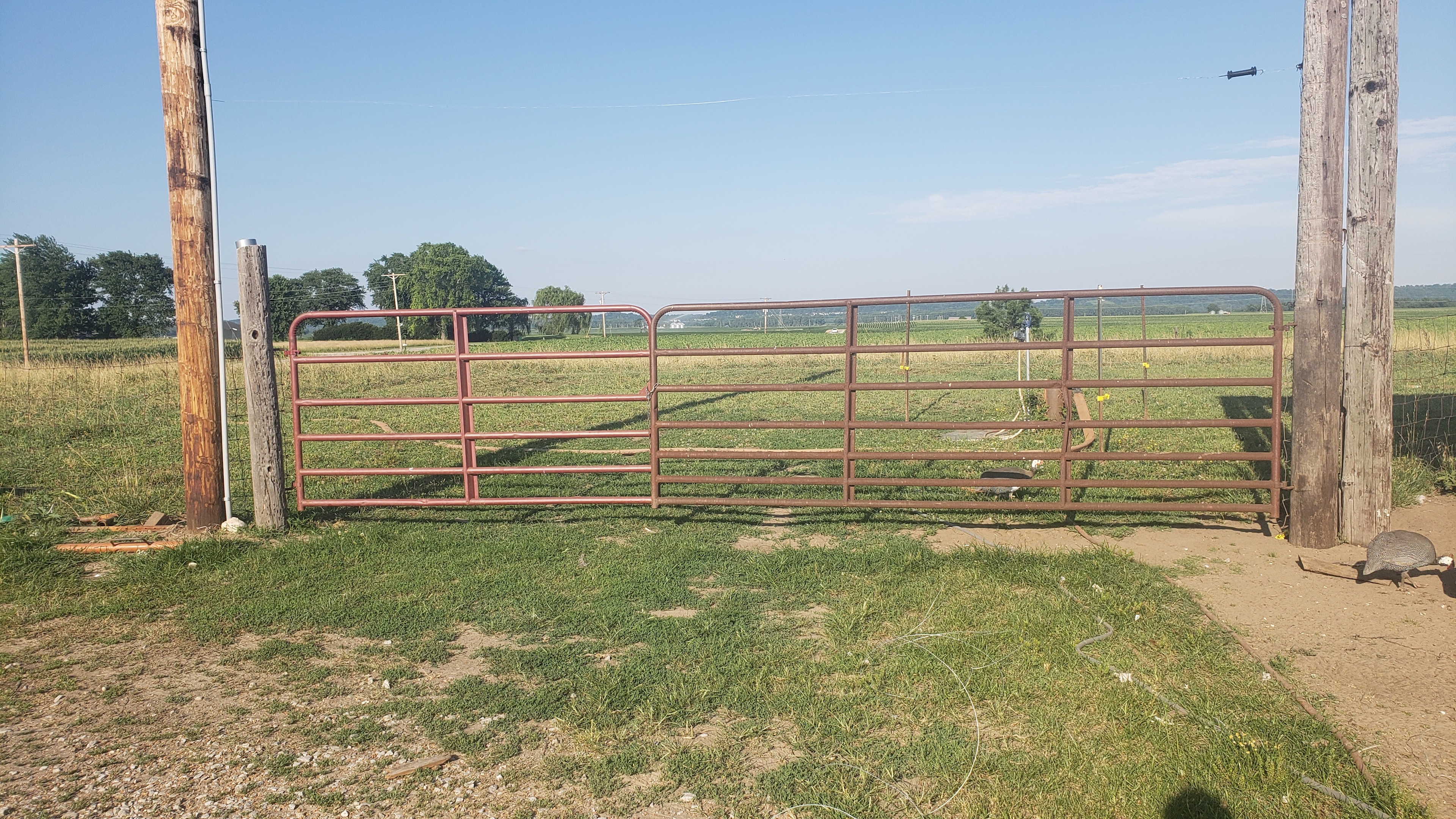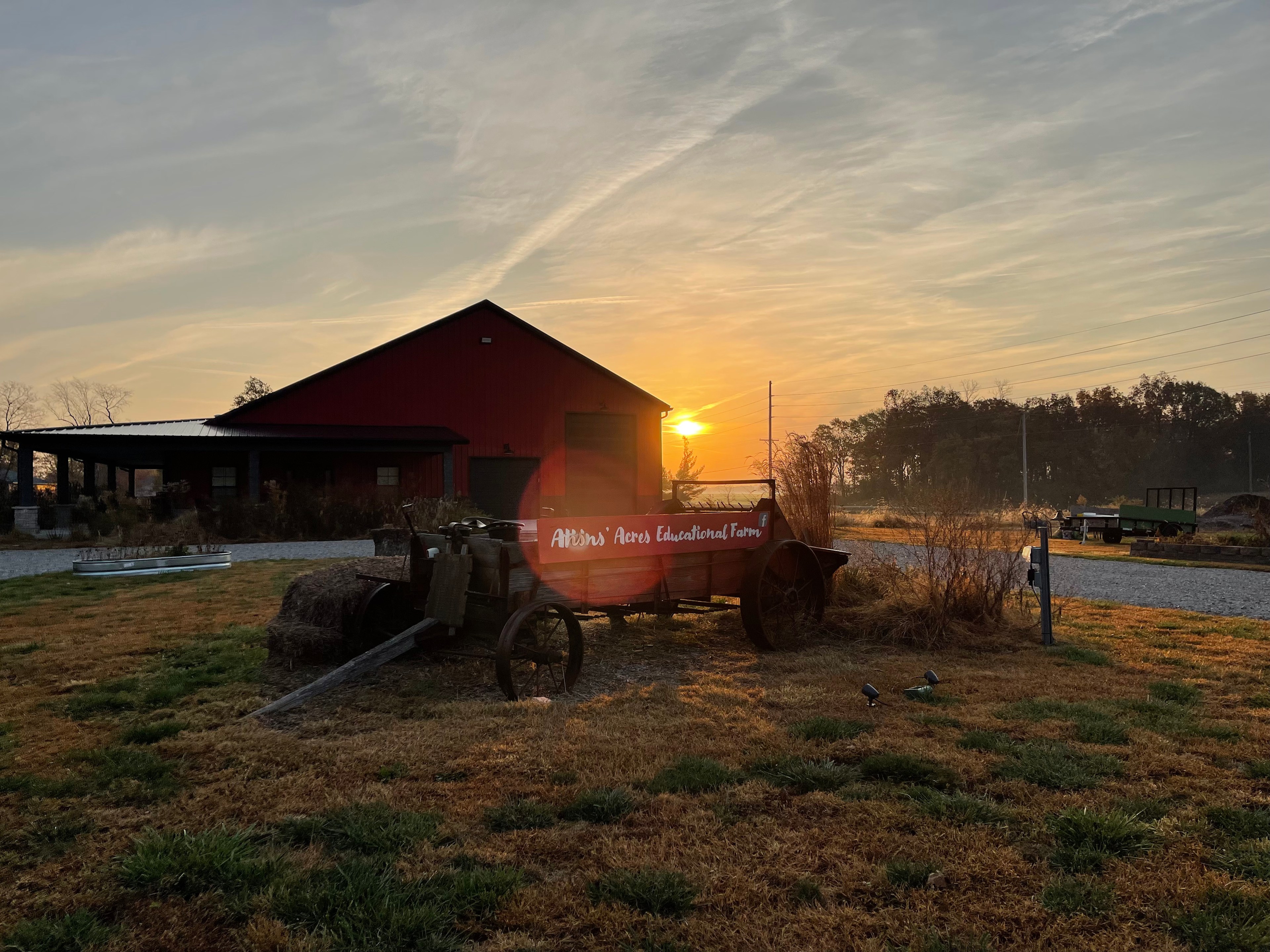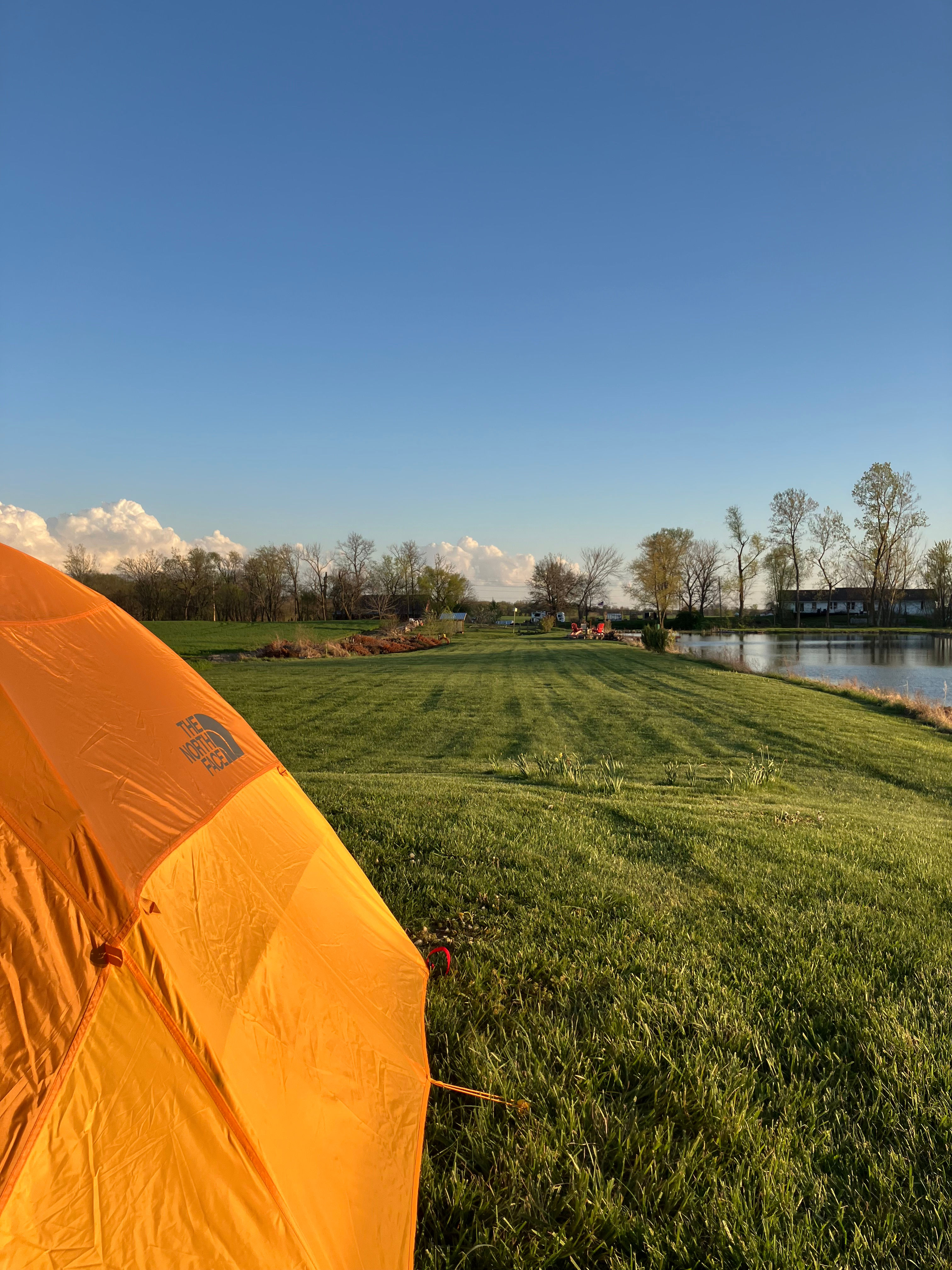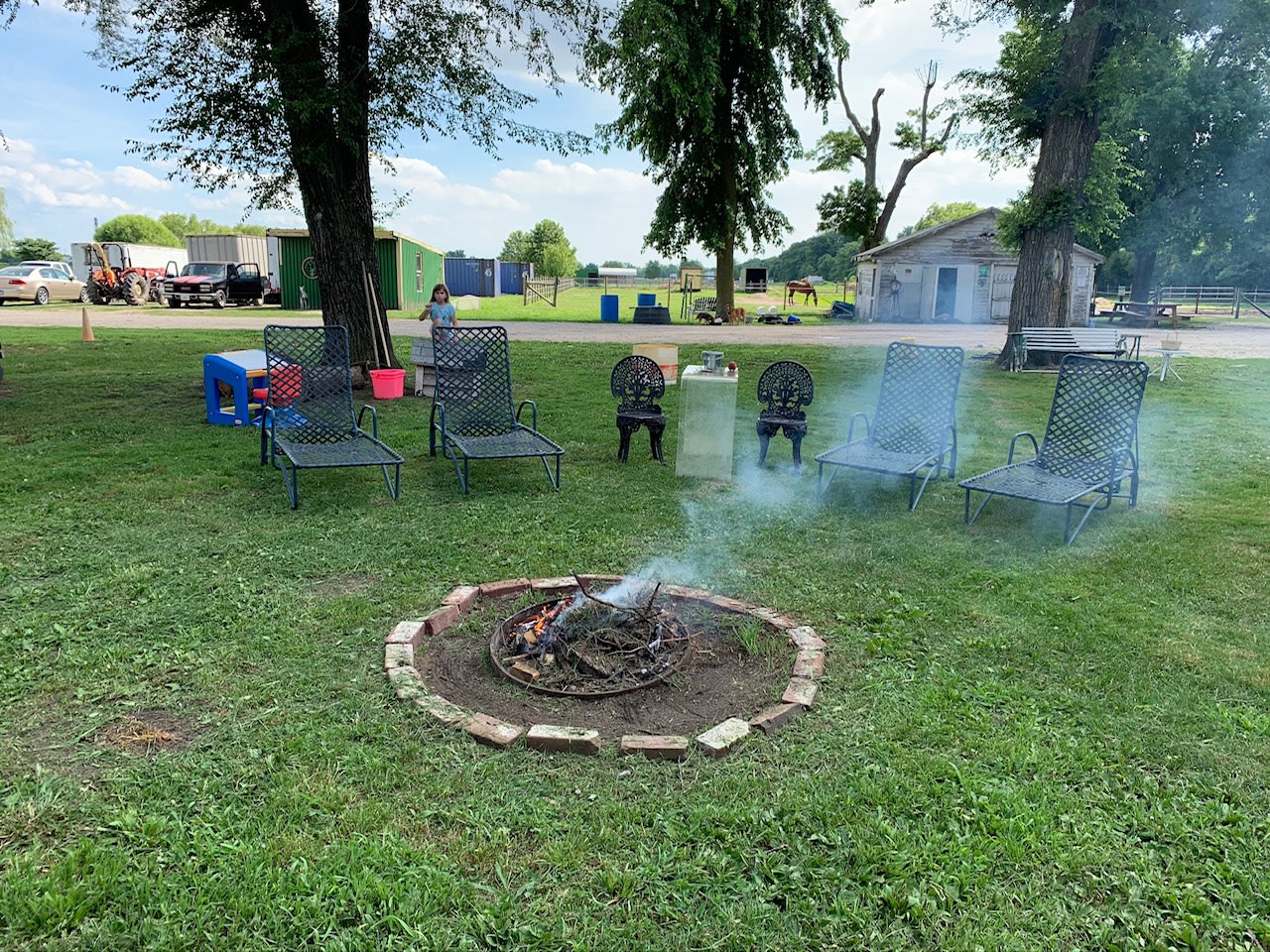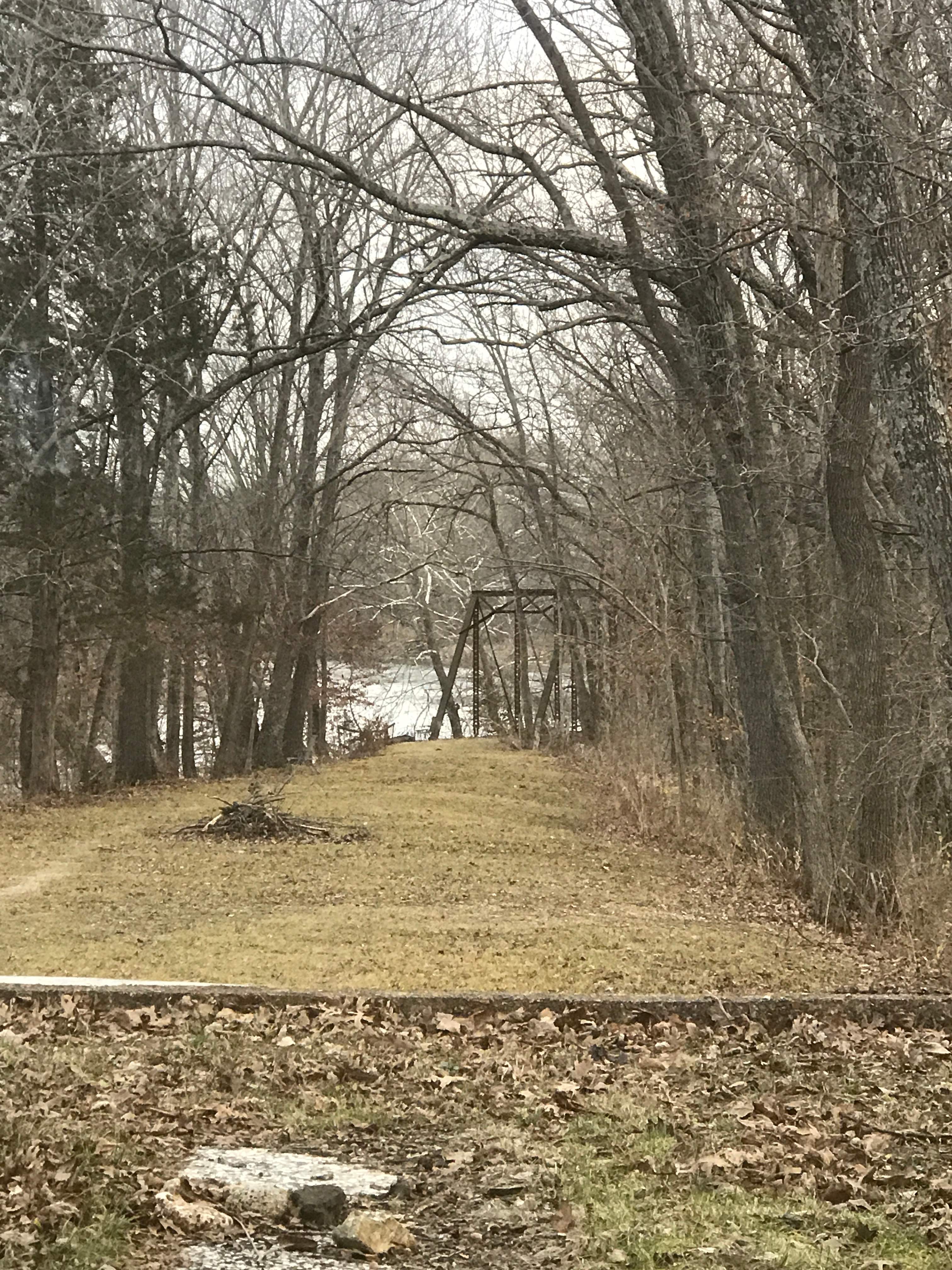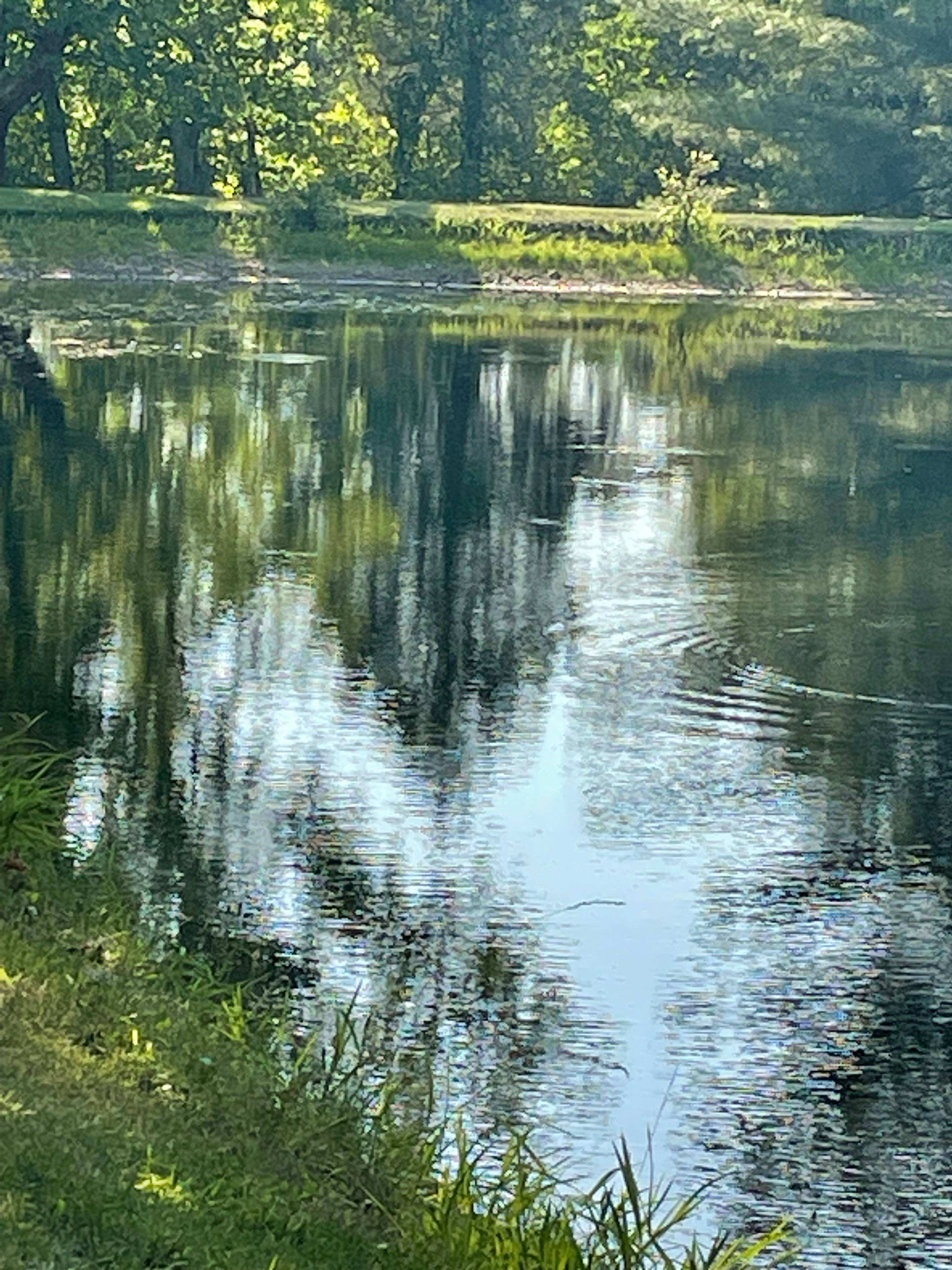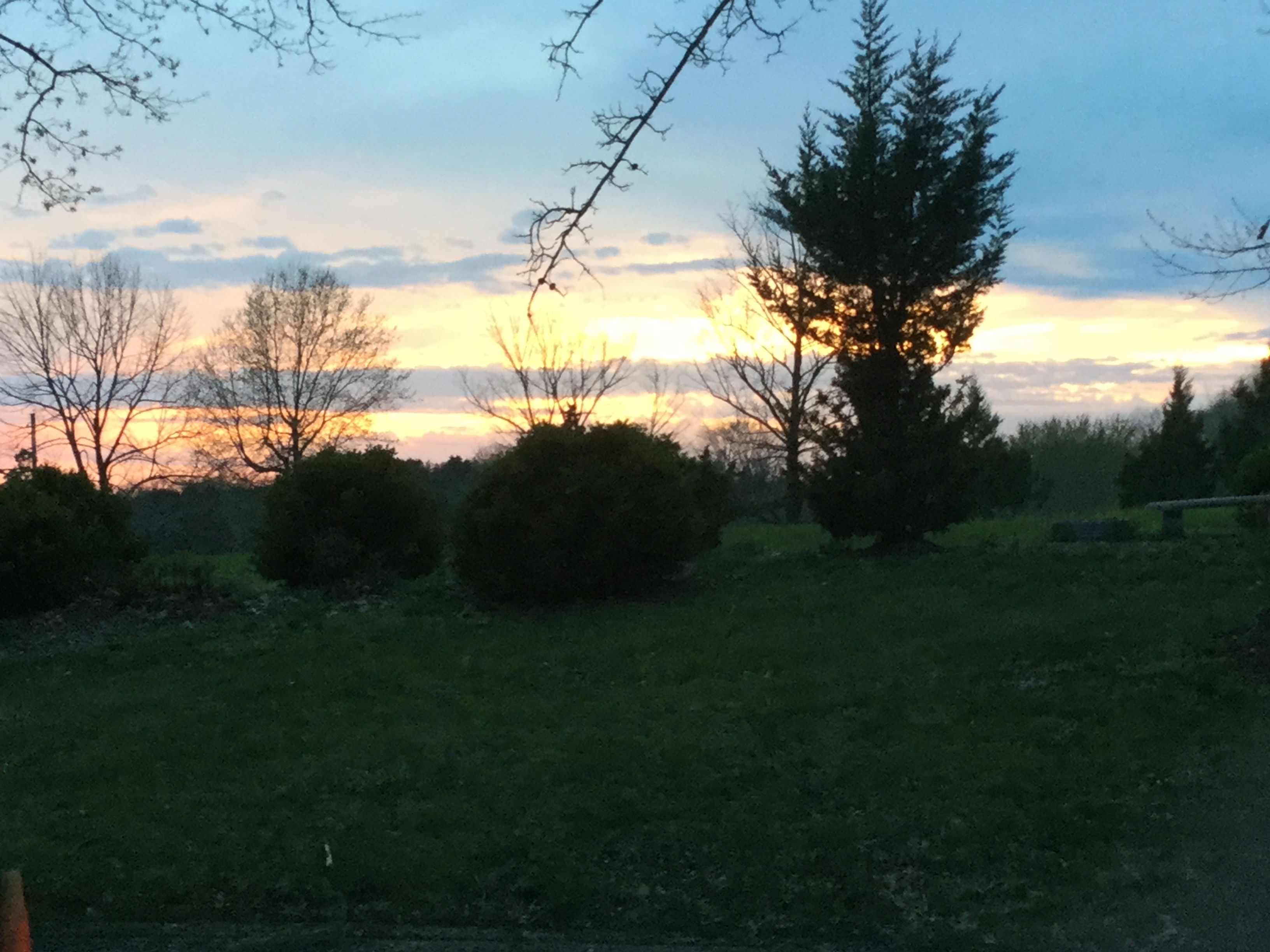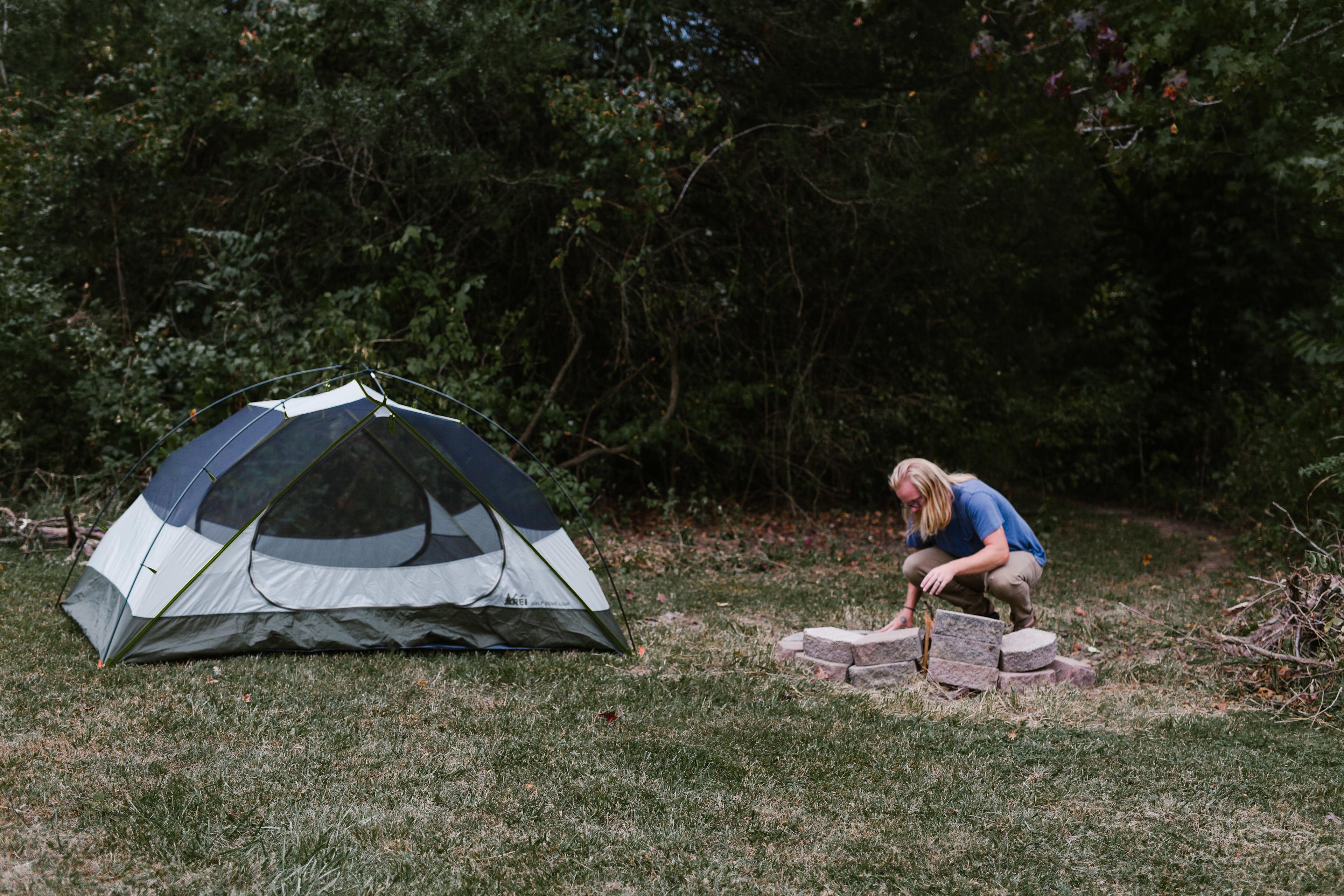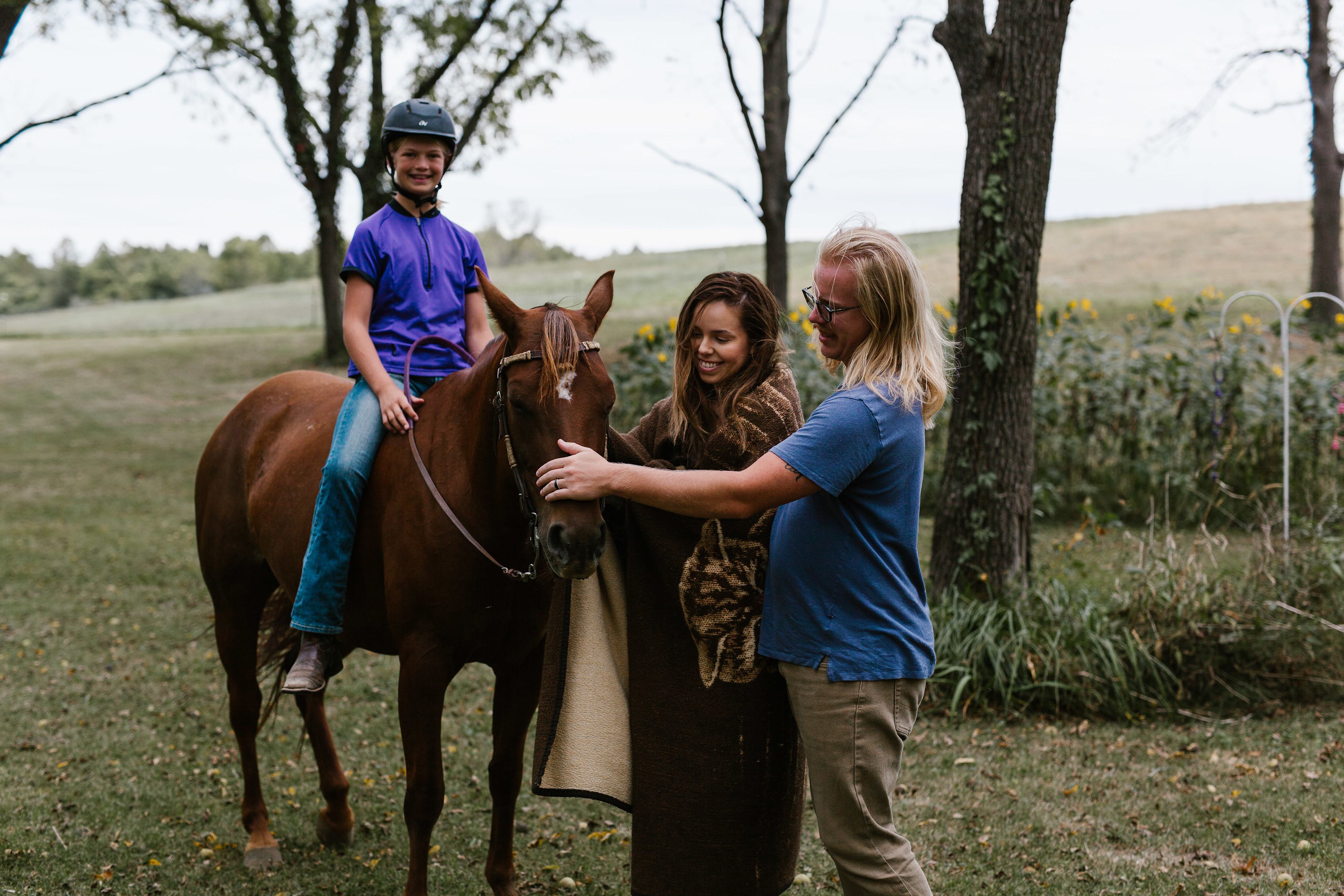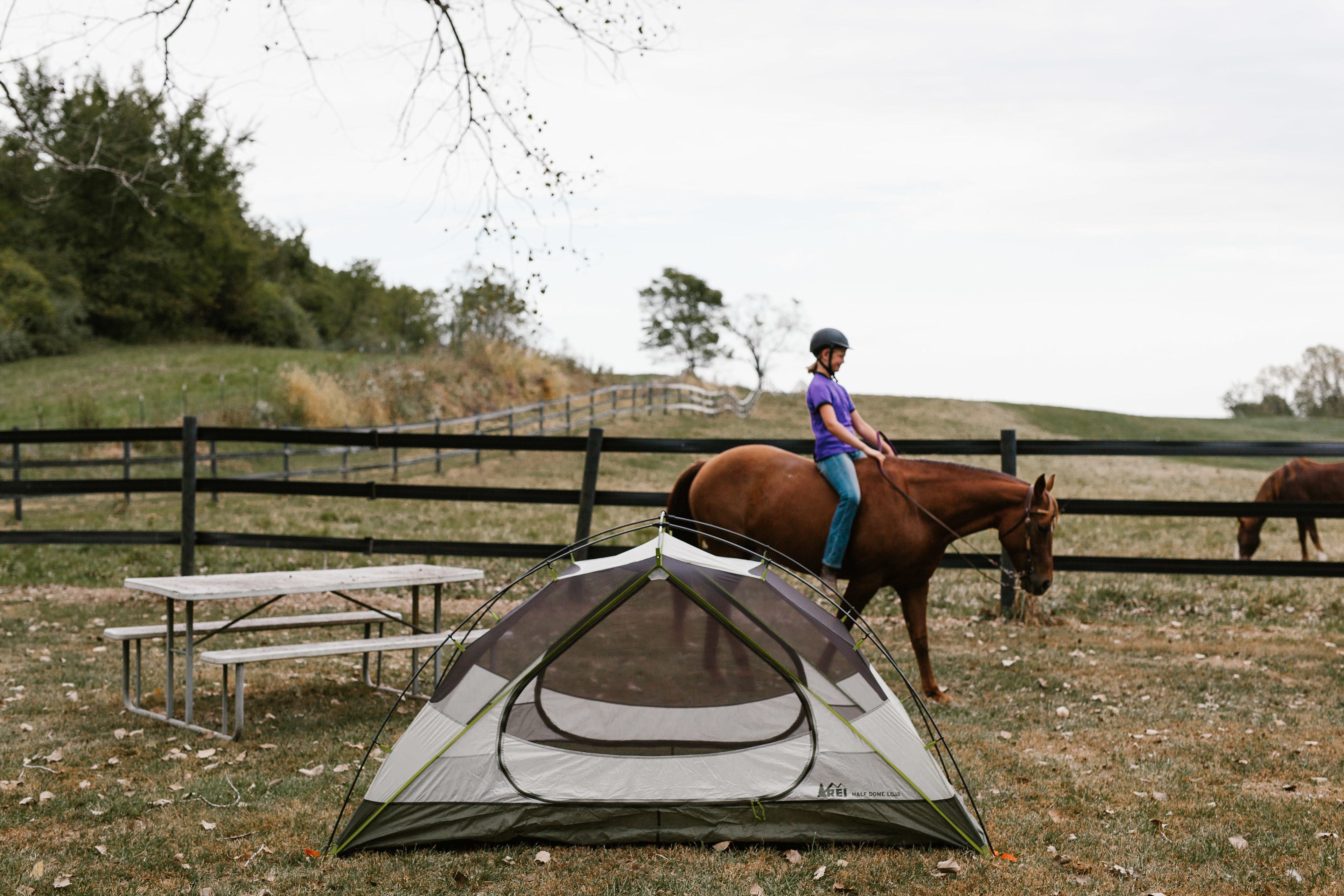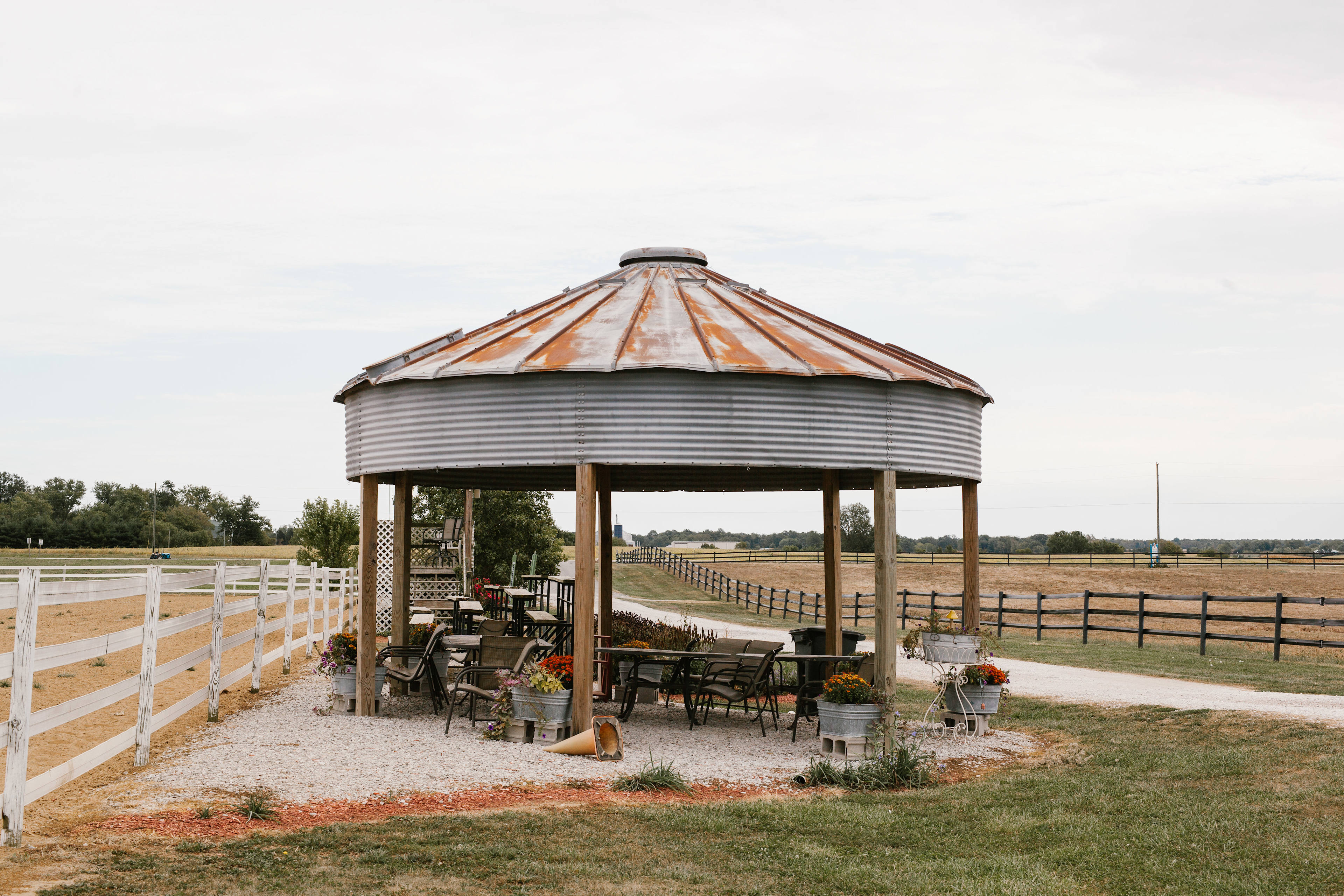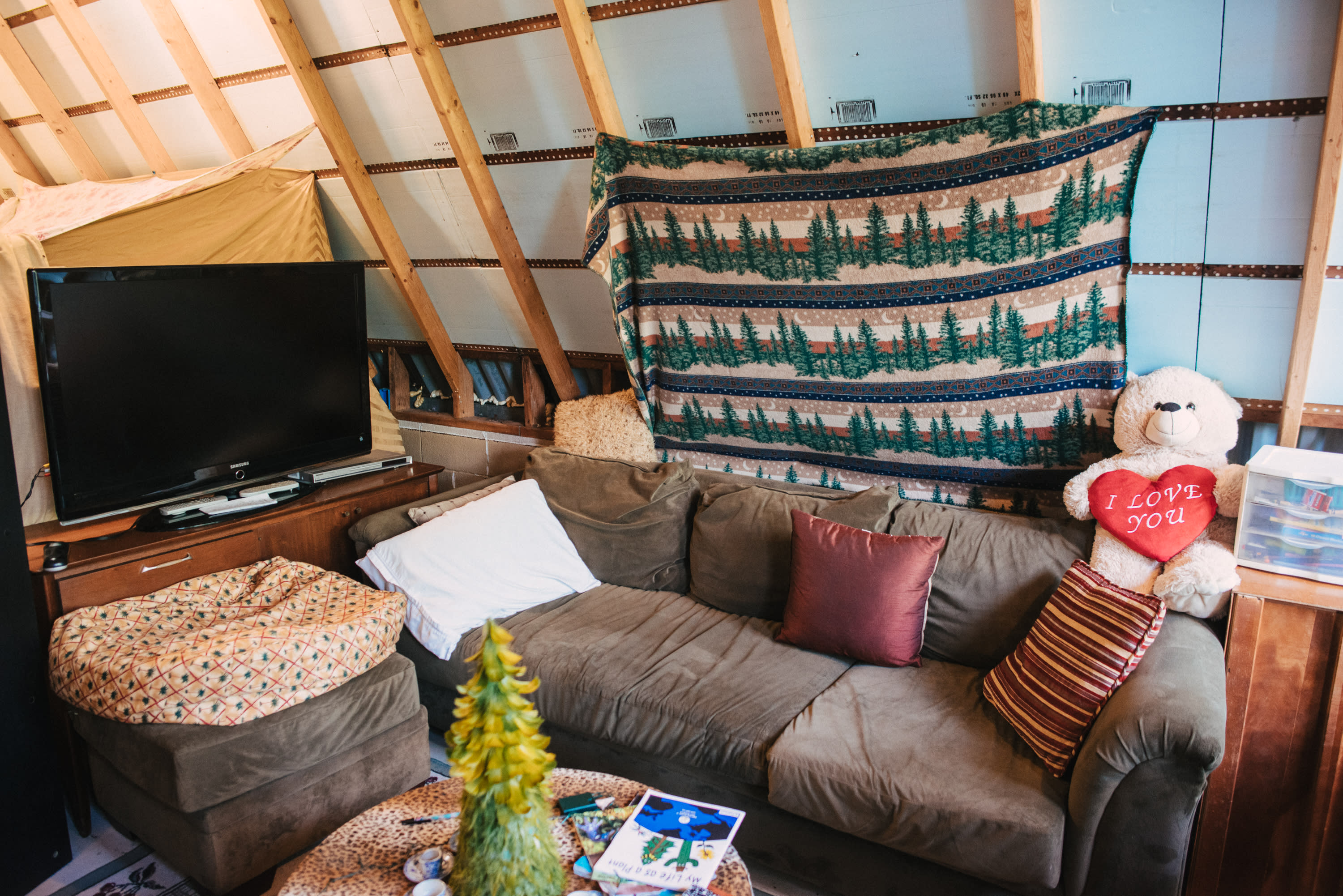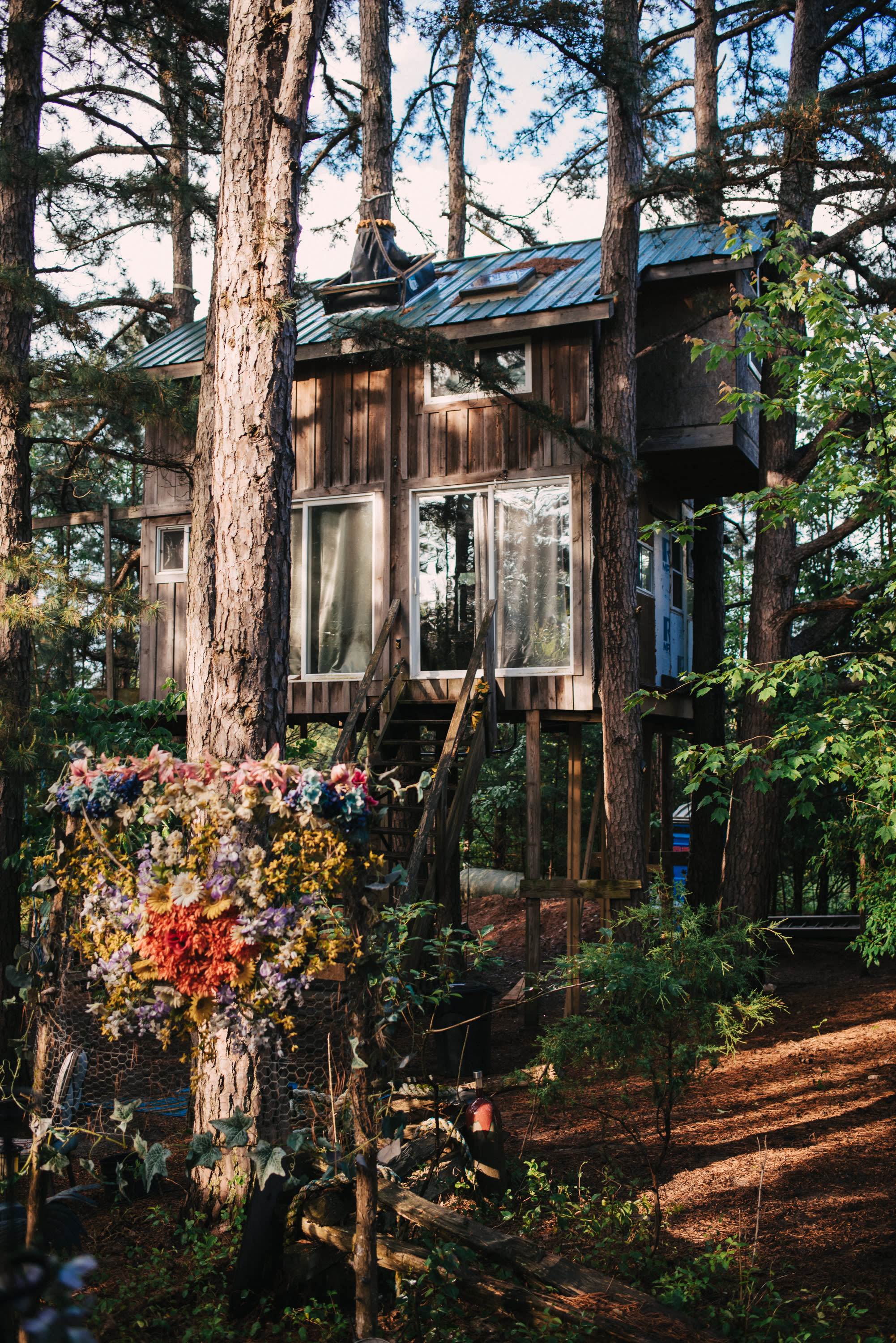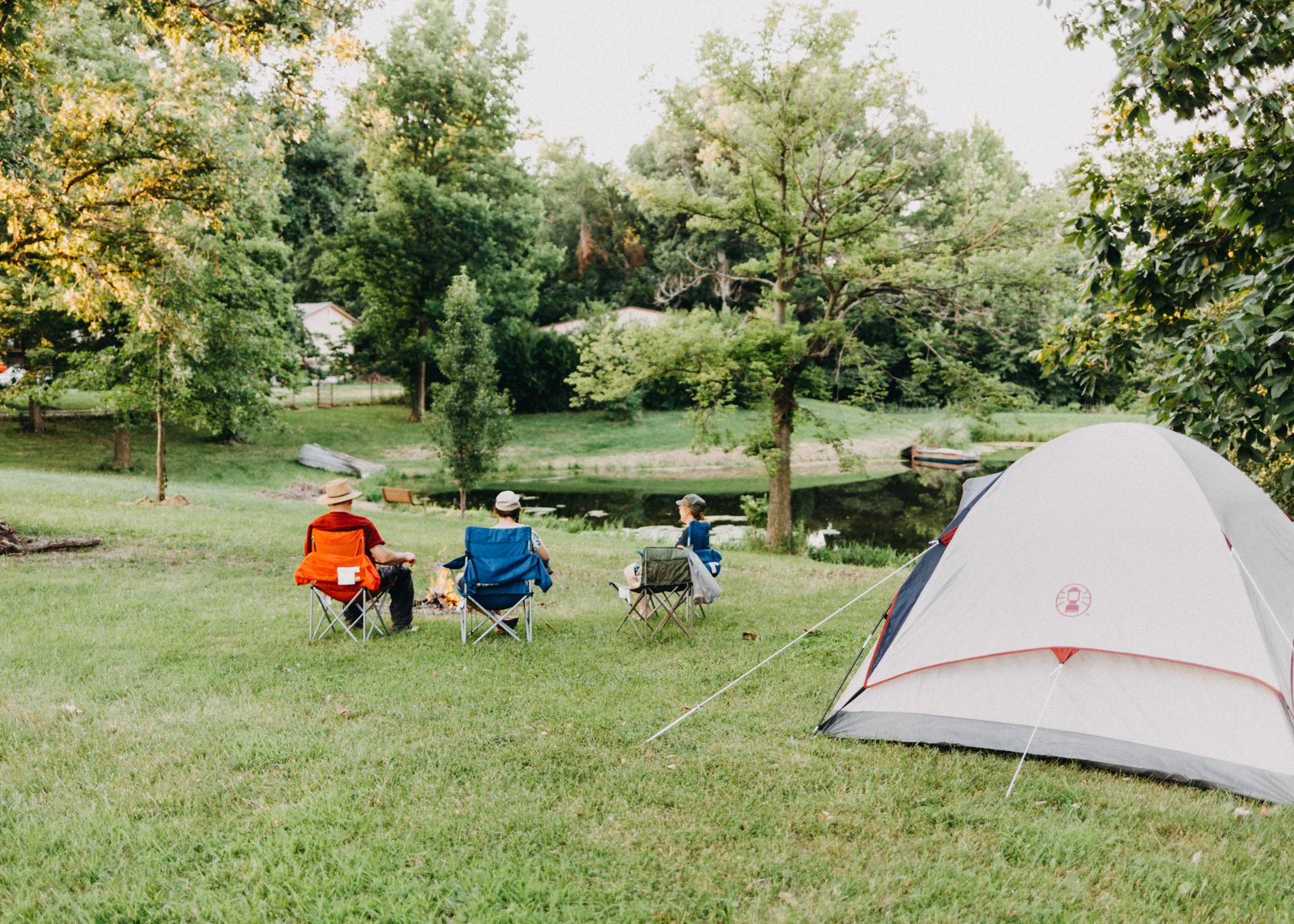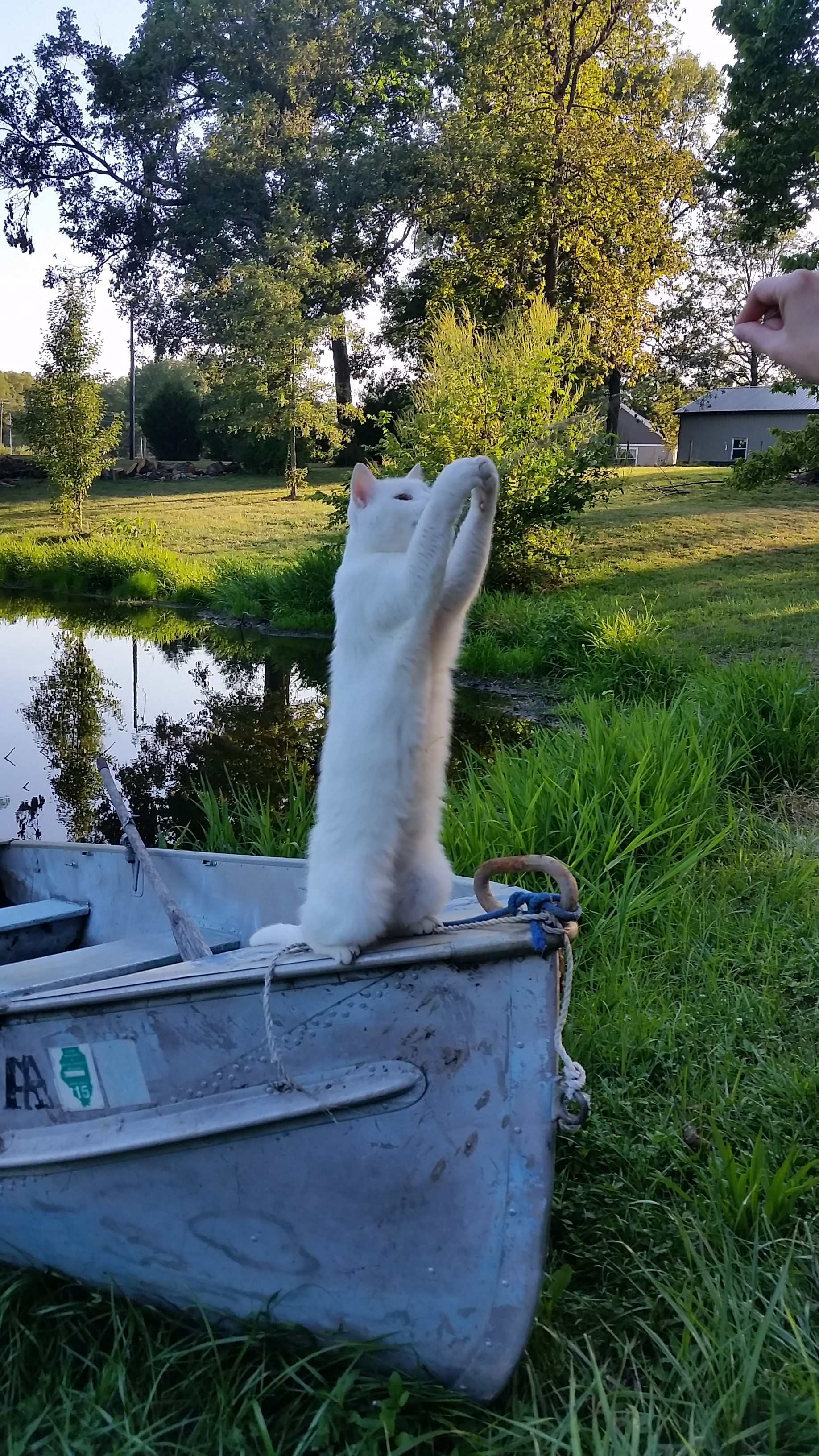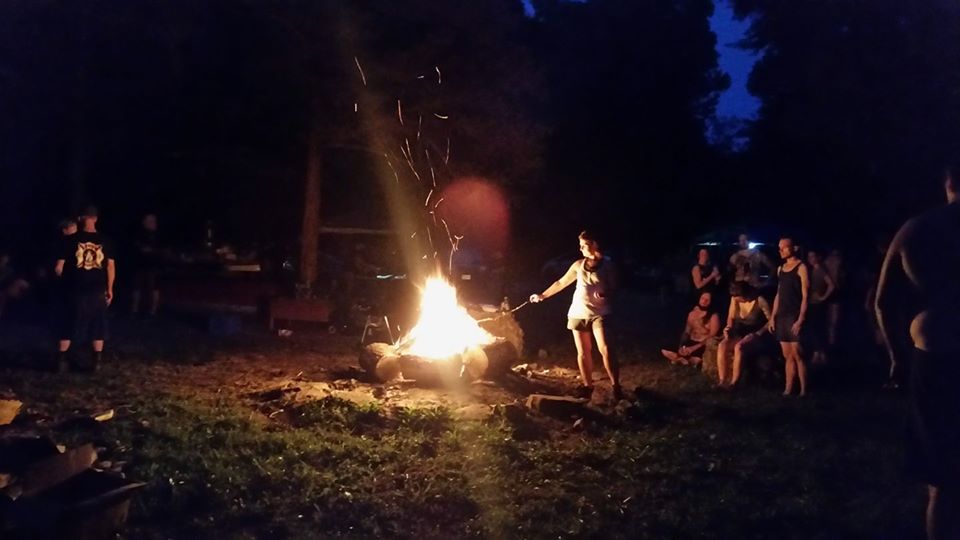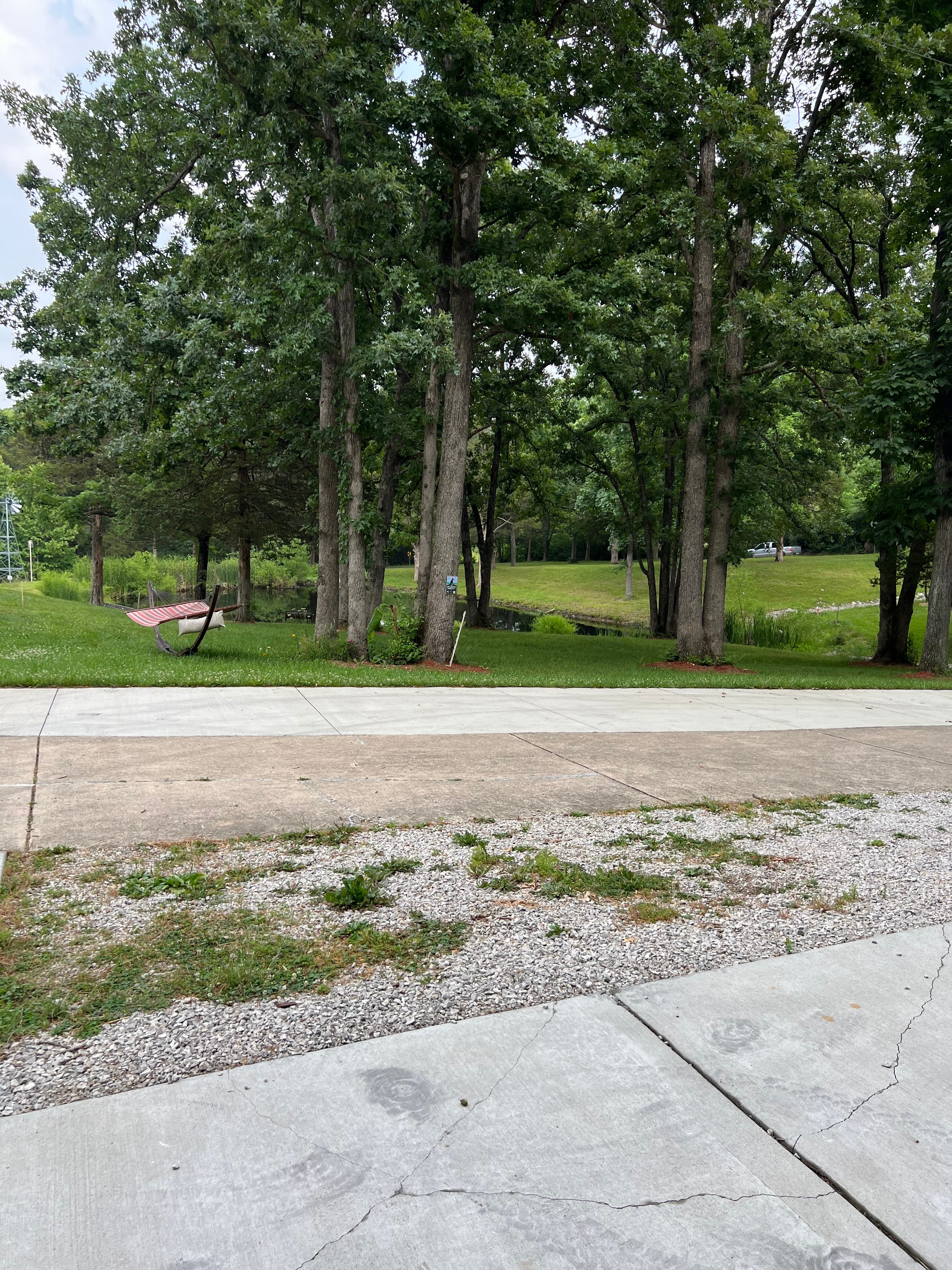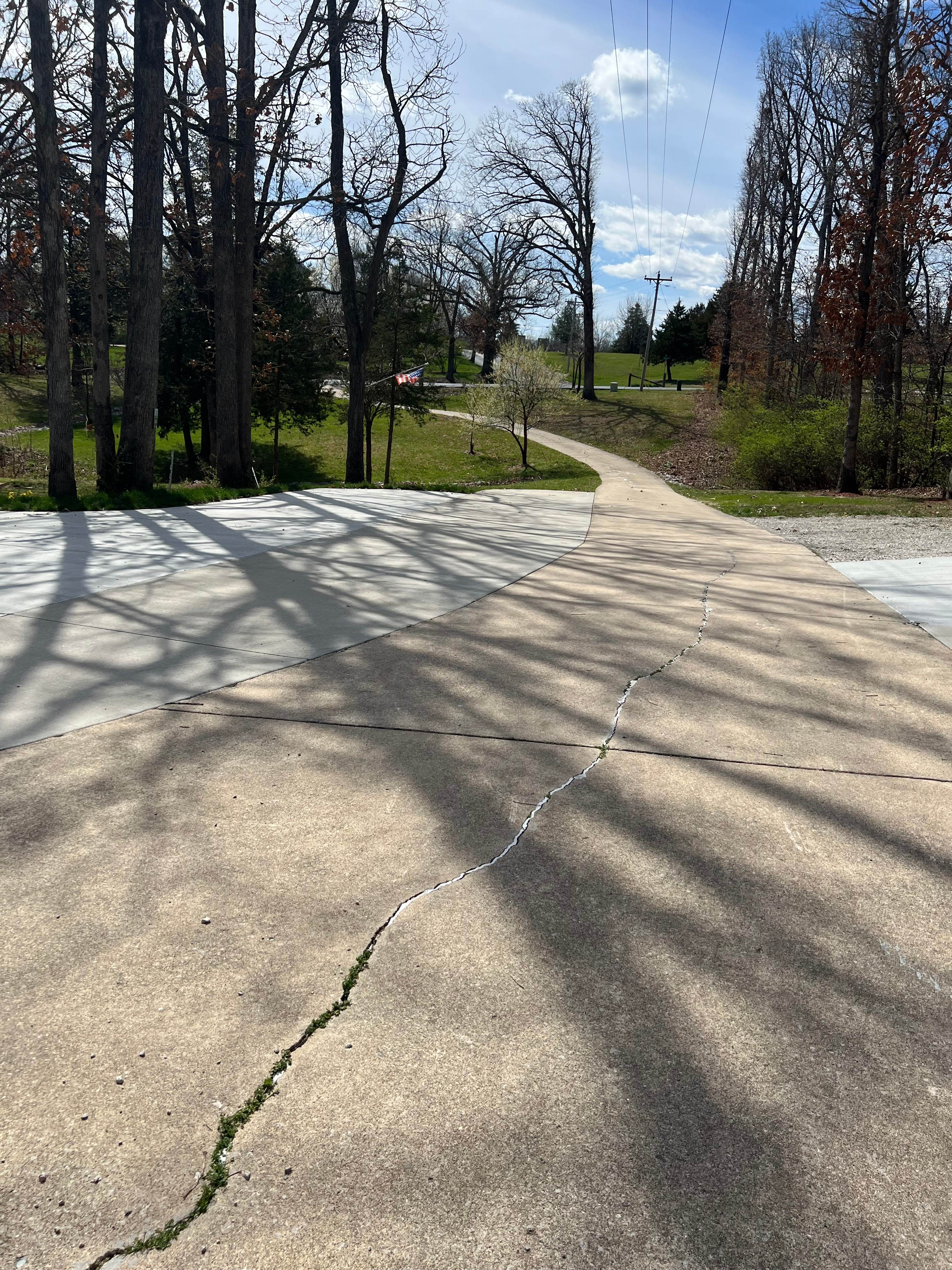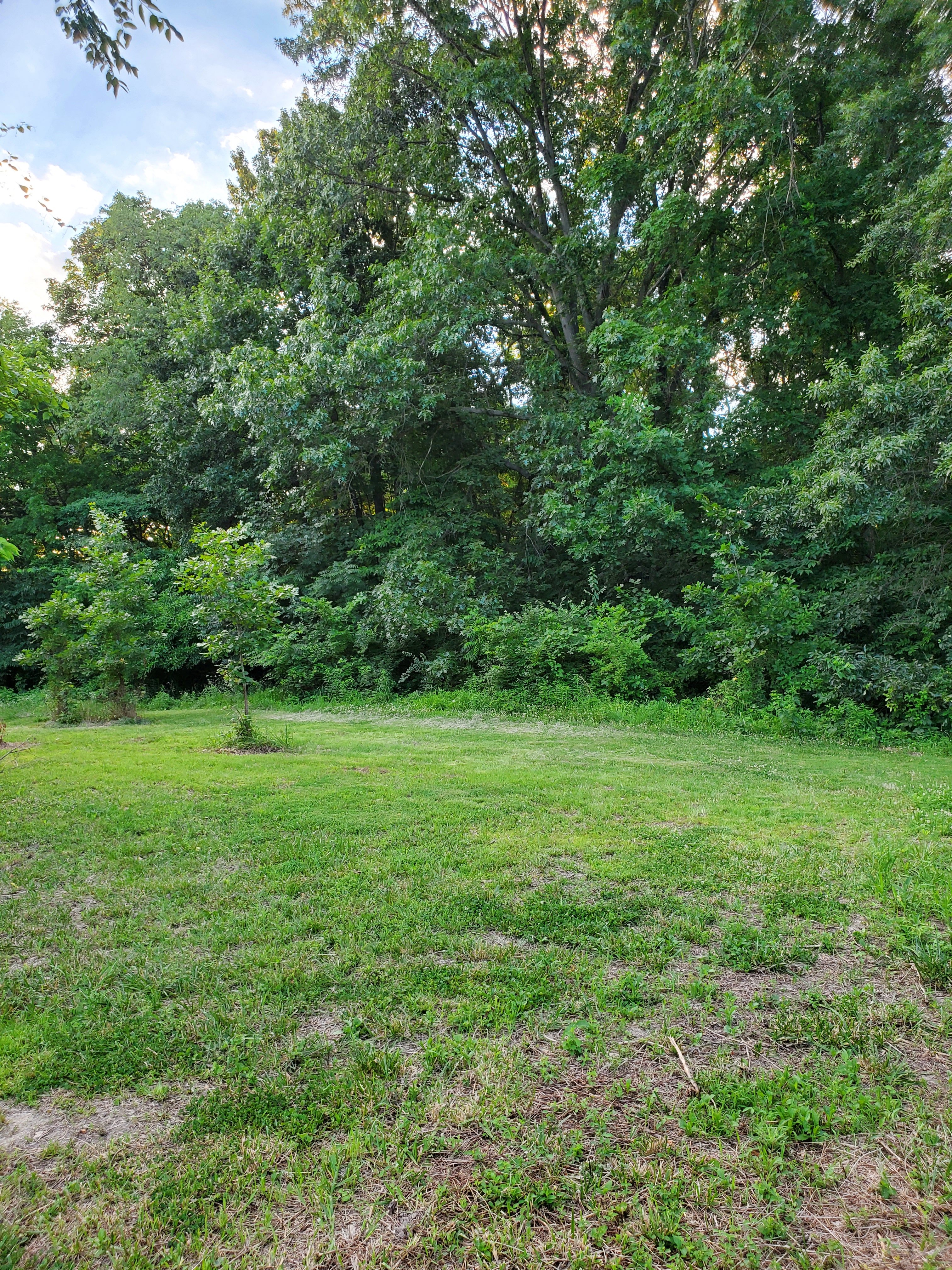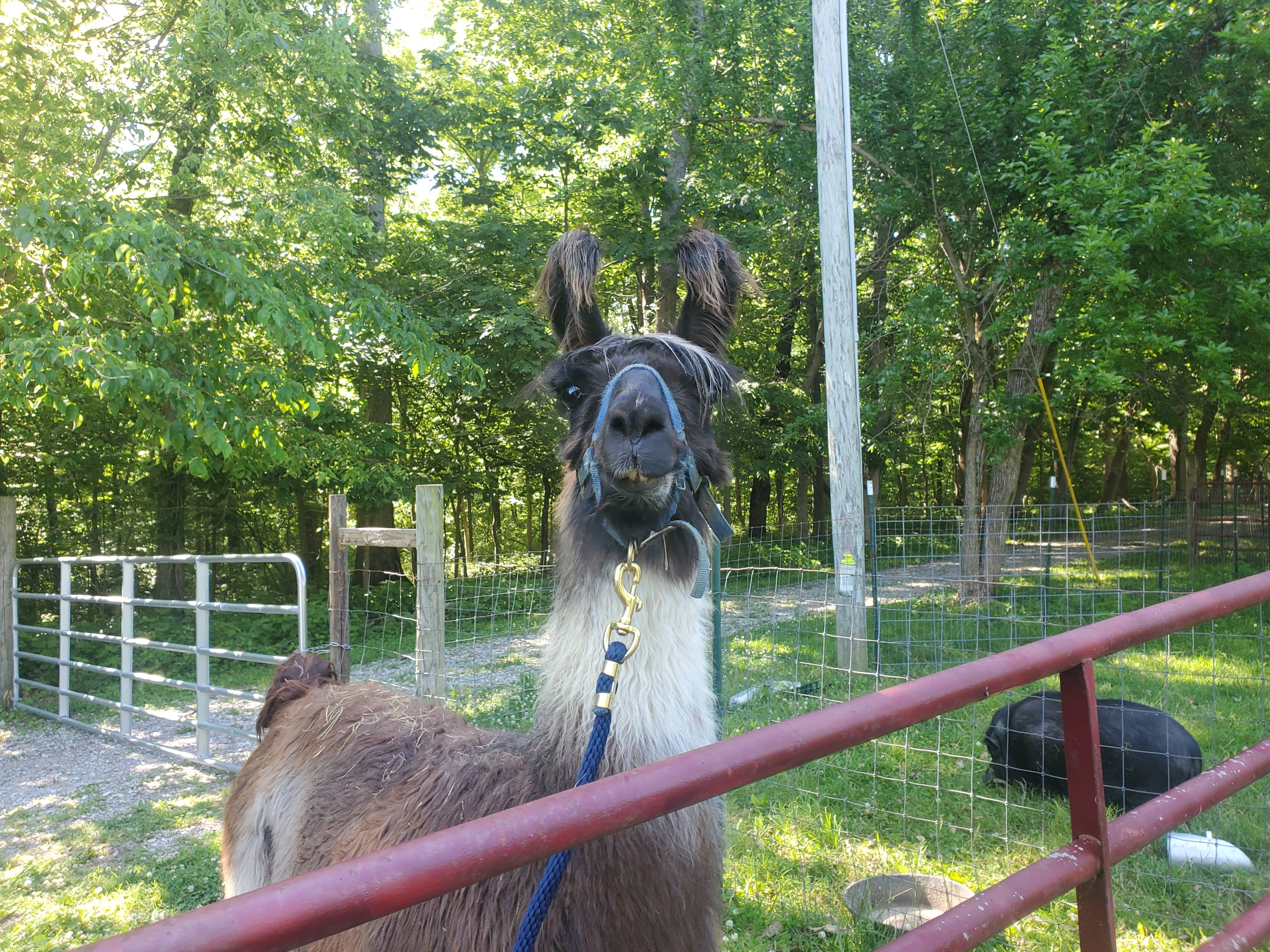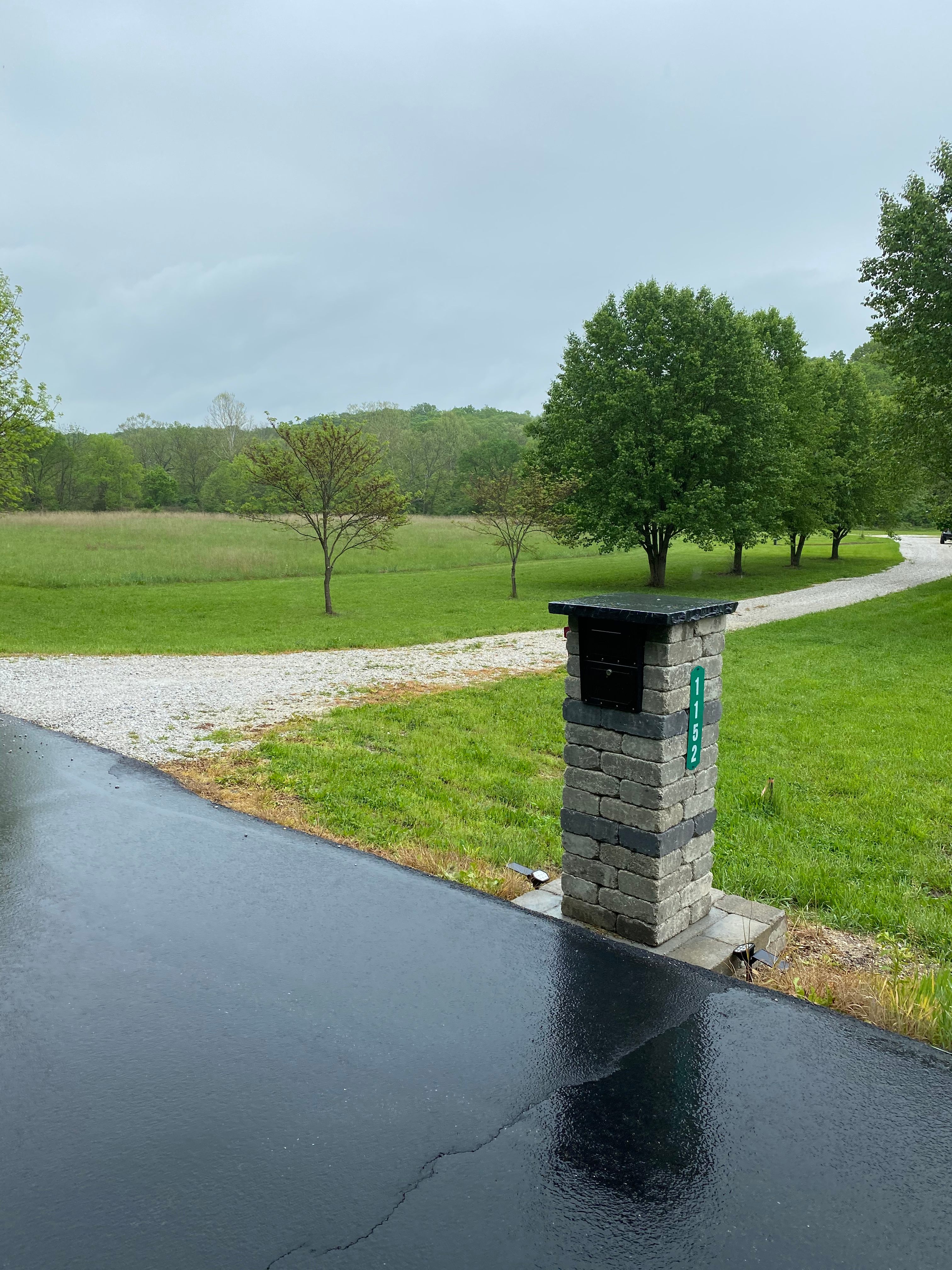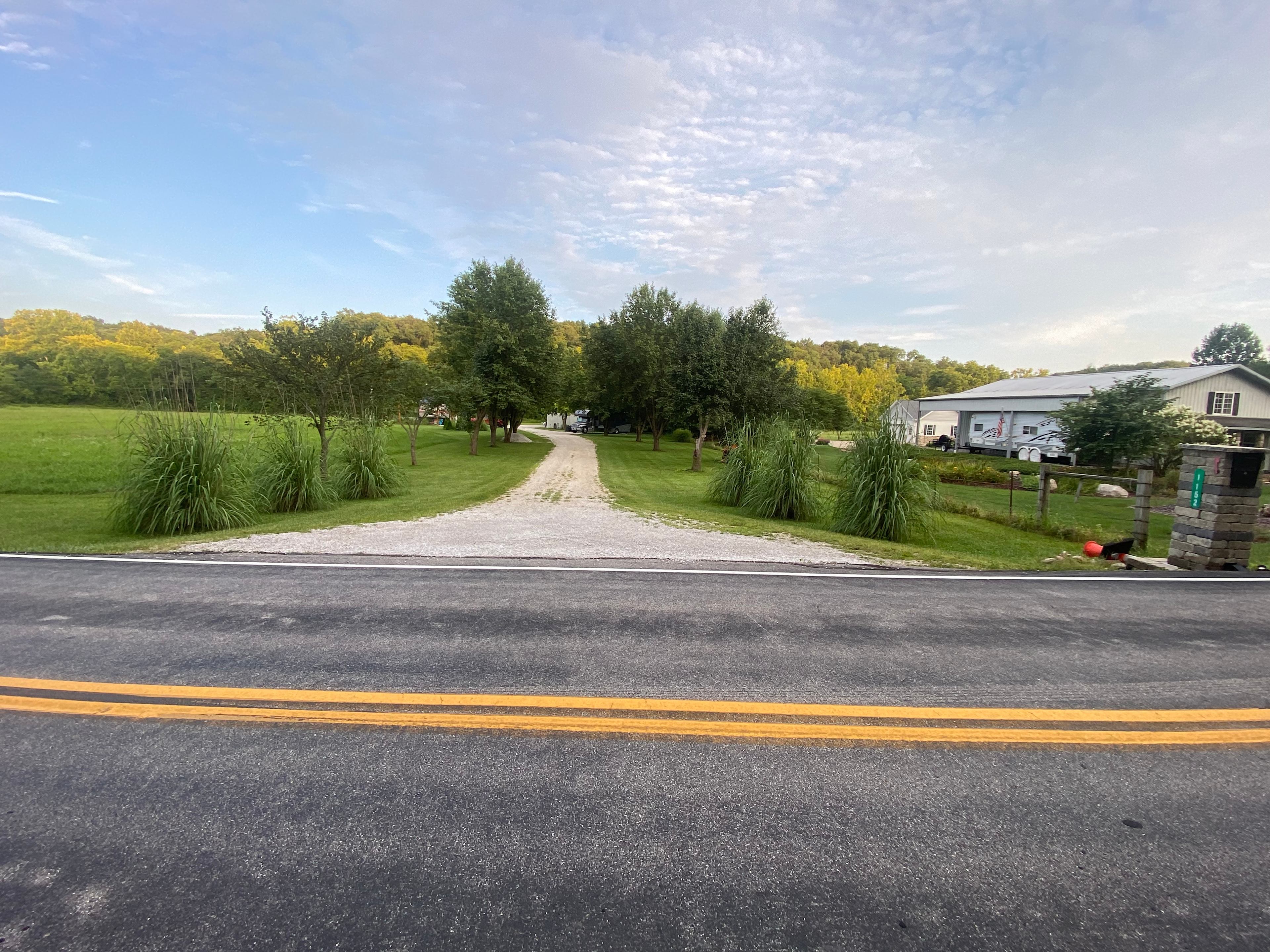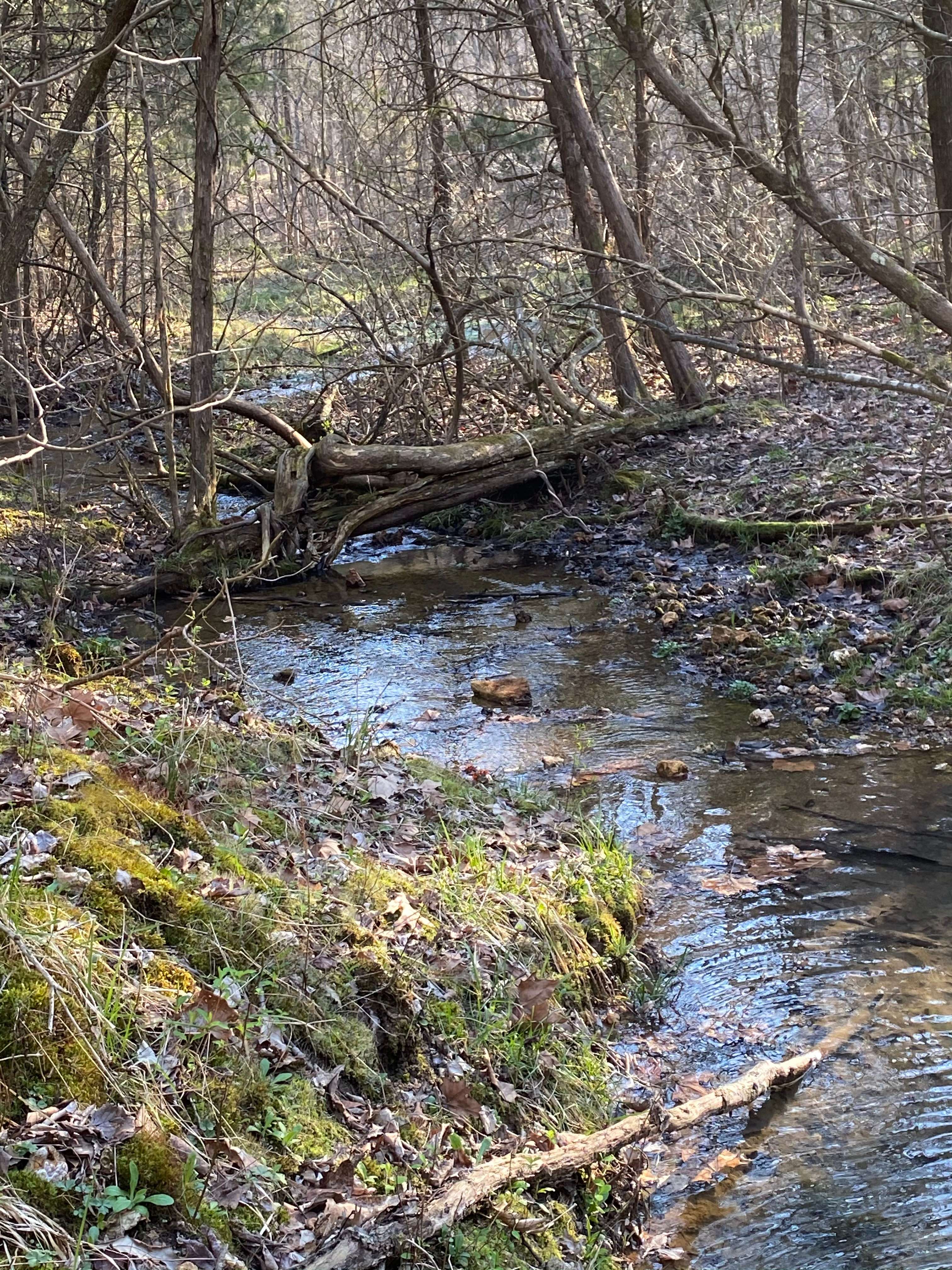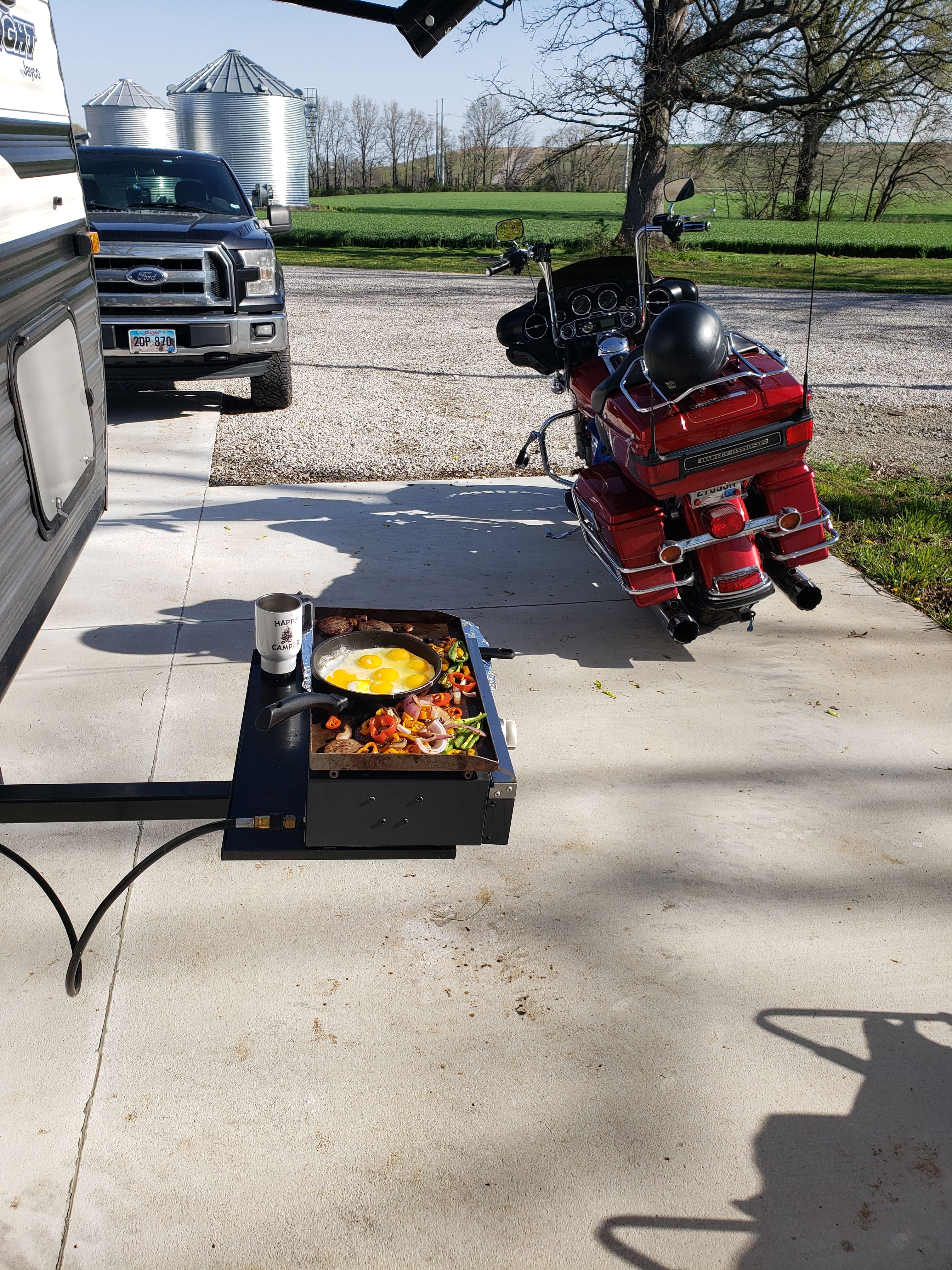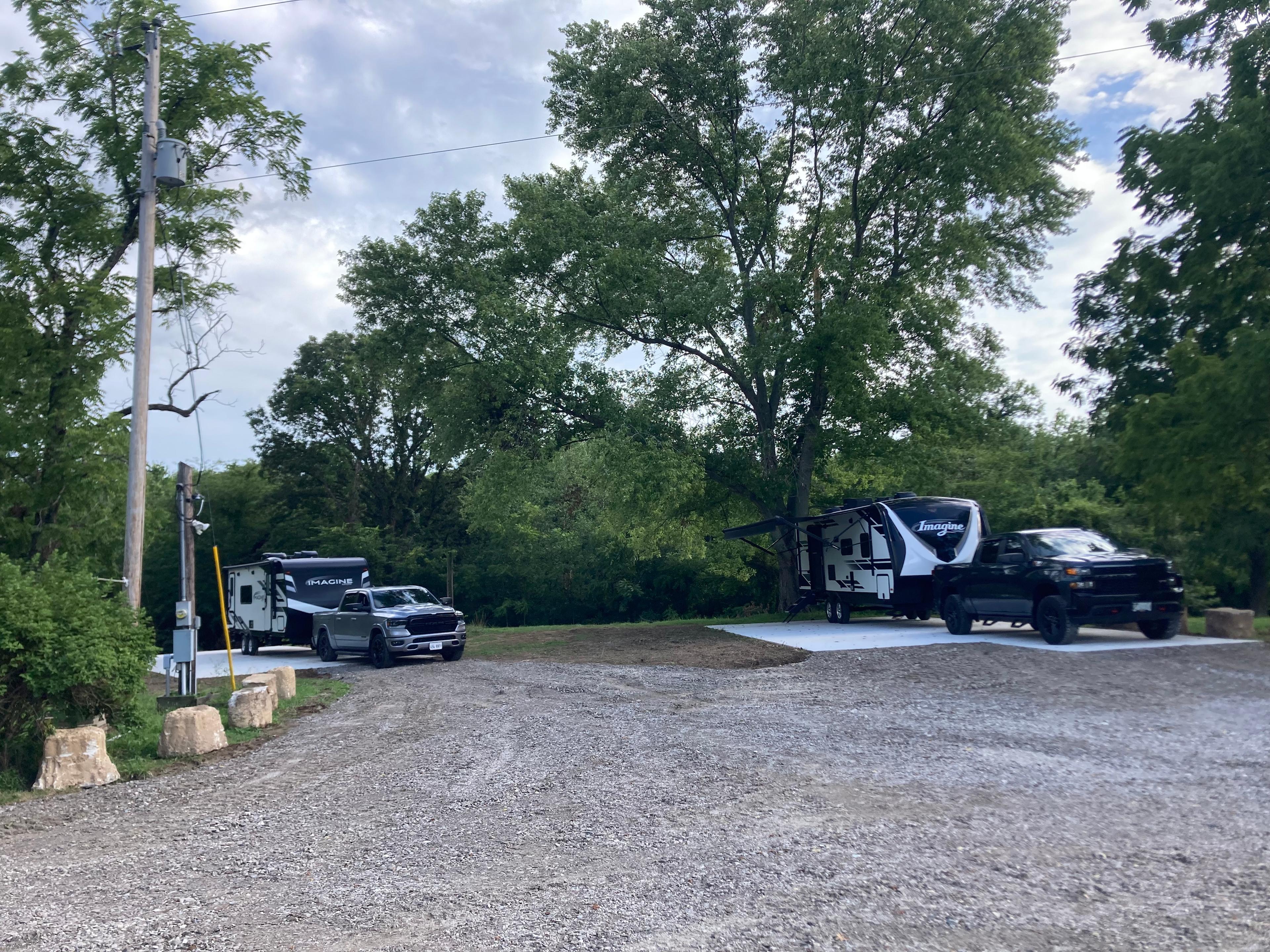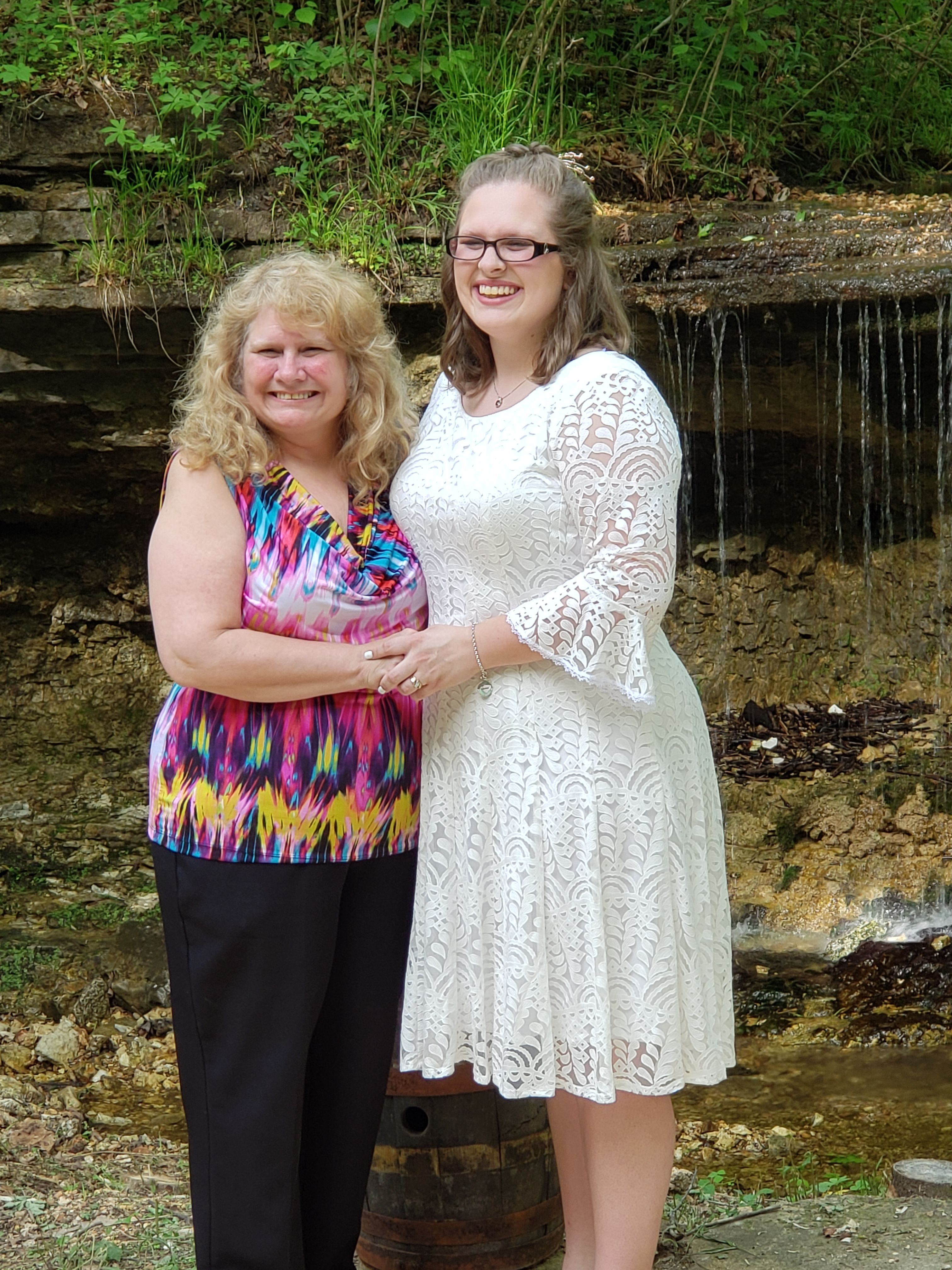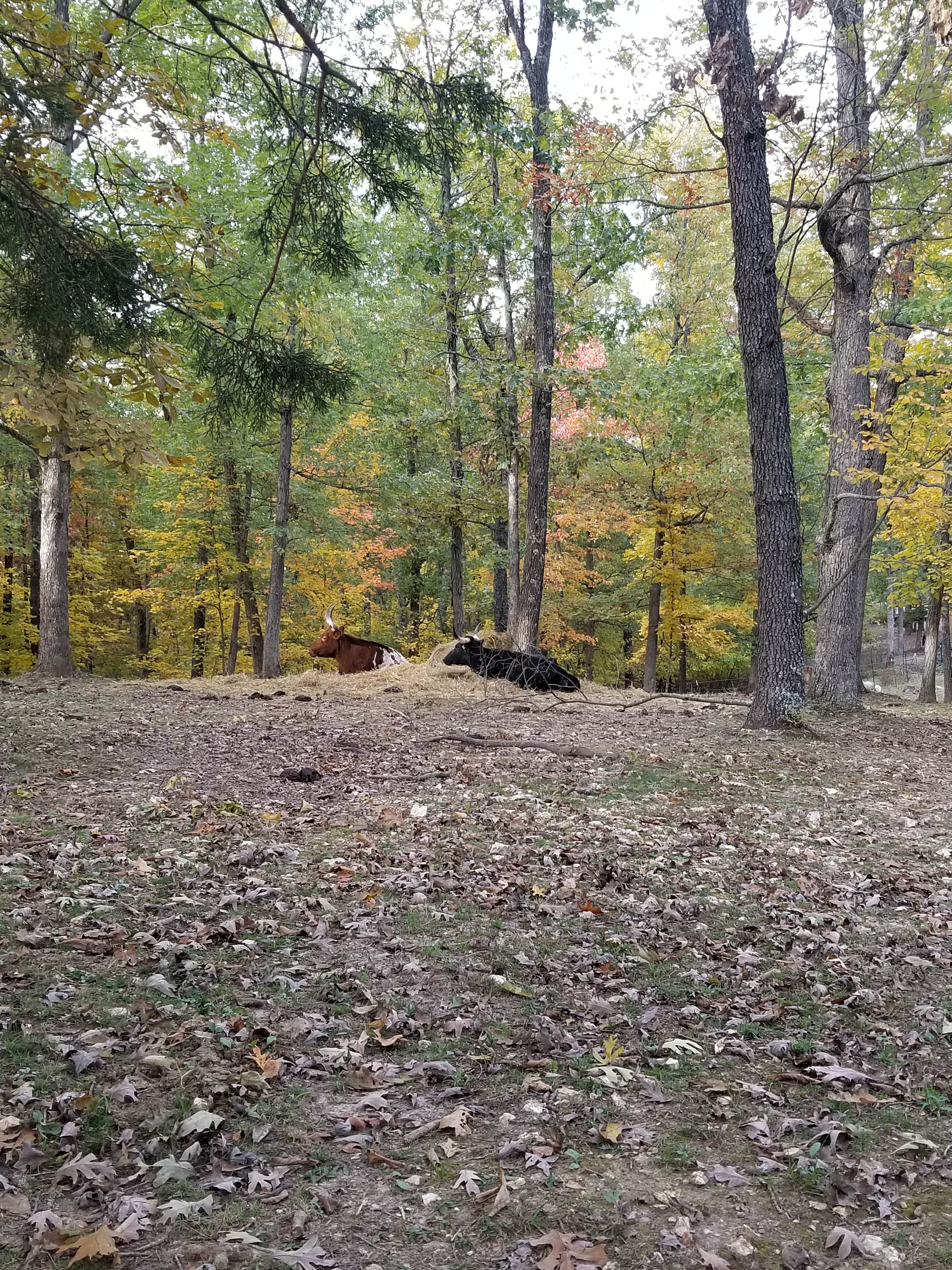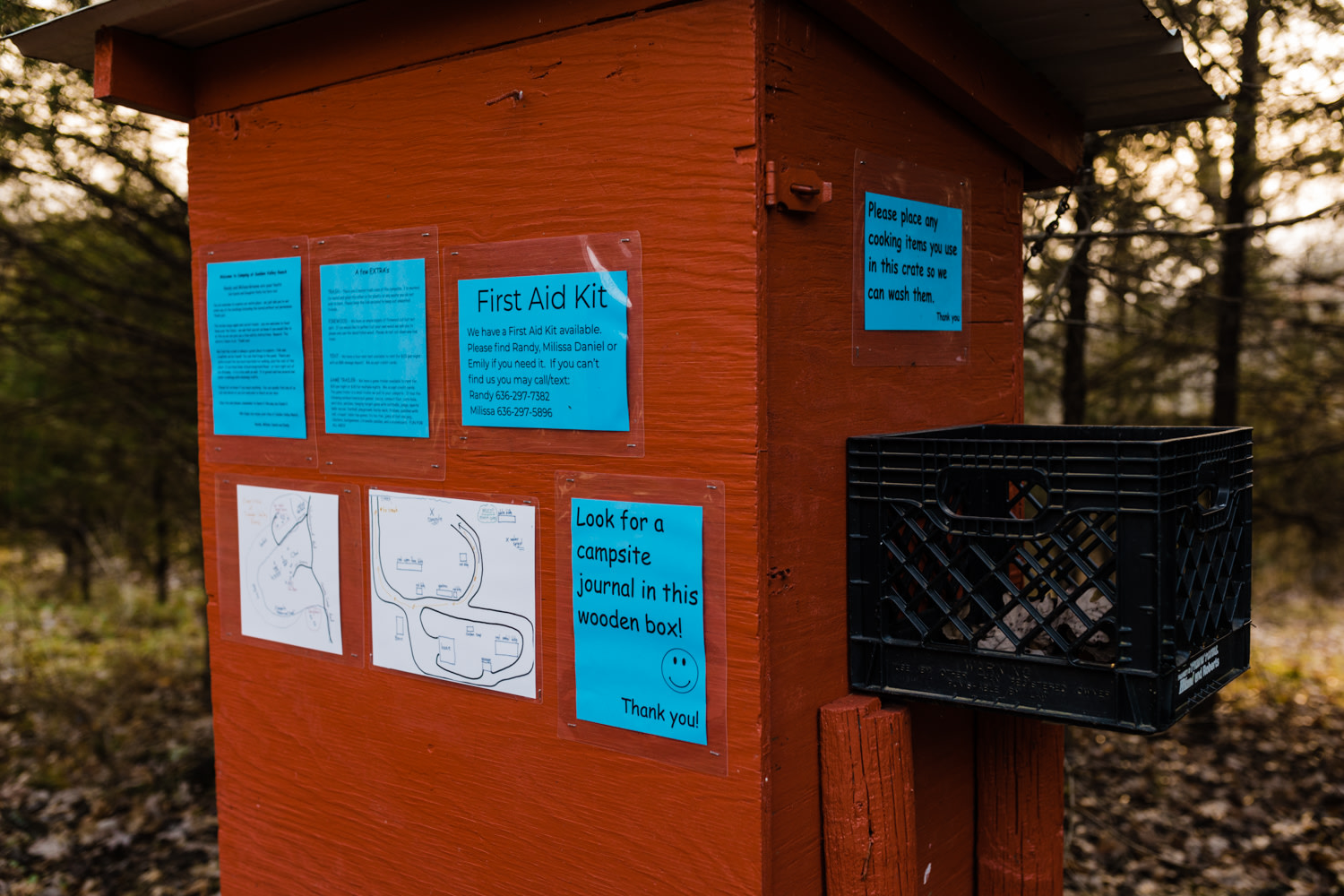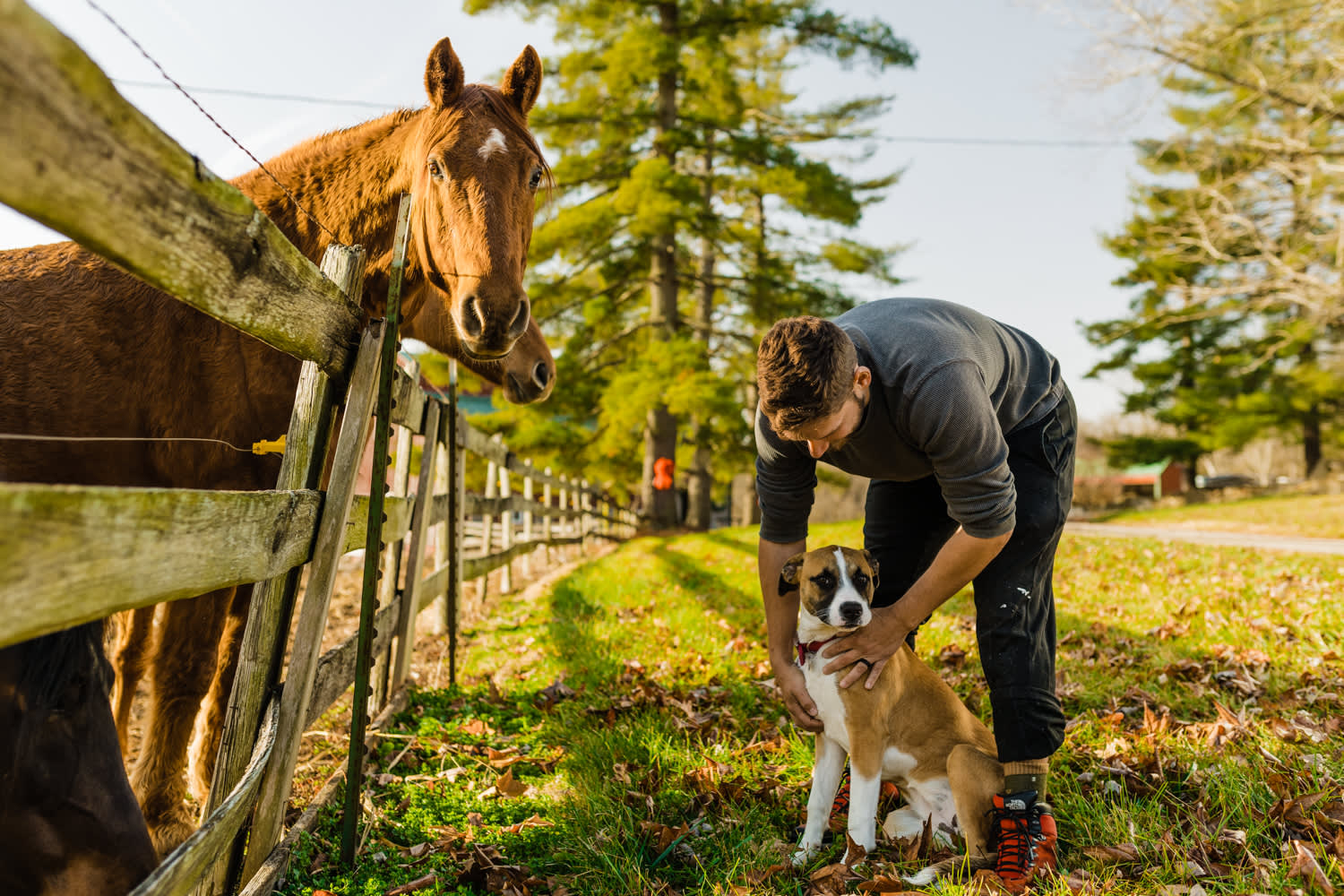- Ulysses S Grant National Historic Site
The best camping in Ulysses S Grant National Historic Site, MO
The best camping in Ulysses S Grant National Historic Site, MO
1. Urban Surprise
2. R & T Farms
3. Atkins' Acres Educational Farm
4. Happy Trails Farm Resort
5. Matt's Place at Meramec n Labarque
6. St Louis Co private wildwood farm.
7. Grand Army Farm
8. Triangle H Farm, LLC
9. The Magic Land Homestead
10. Grove On Top Possum Hill
11. Such and Such Farm Swimming Hole
12. Earth, Wind & Solar Farm
13. Emerald Acres Farm
14. Explorer Valley
15. Hummingbird Hollow Outdoors
16. Hawks Bluff Farm Campground
17. Mud Creek RV/Camper Parking
18. Hagood Farms and Trails
19. Mountains, feilds, and wooded areas
20. Sudden Valley Ranch
Discover the most magical spots to pitch your tent or park your rig on your next Ulysses S Grant National Historic Site adventure.



Recent reviews from the Hipcamp community
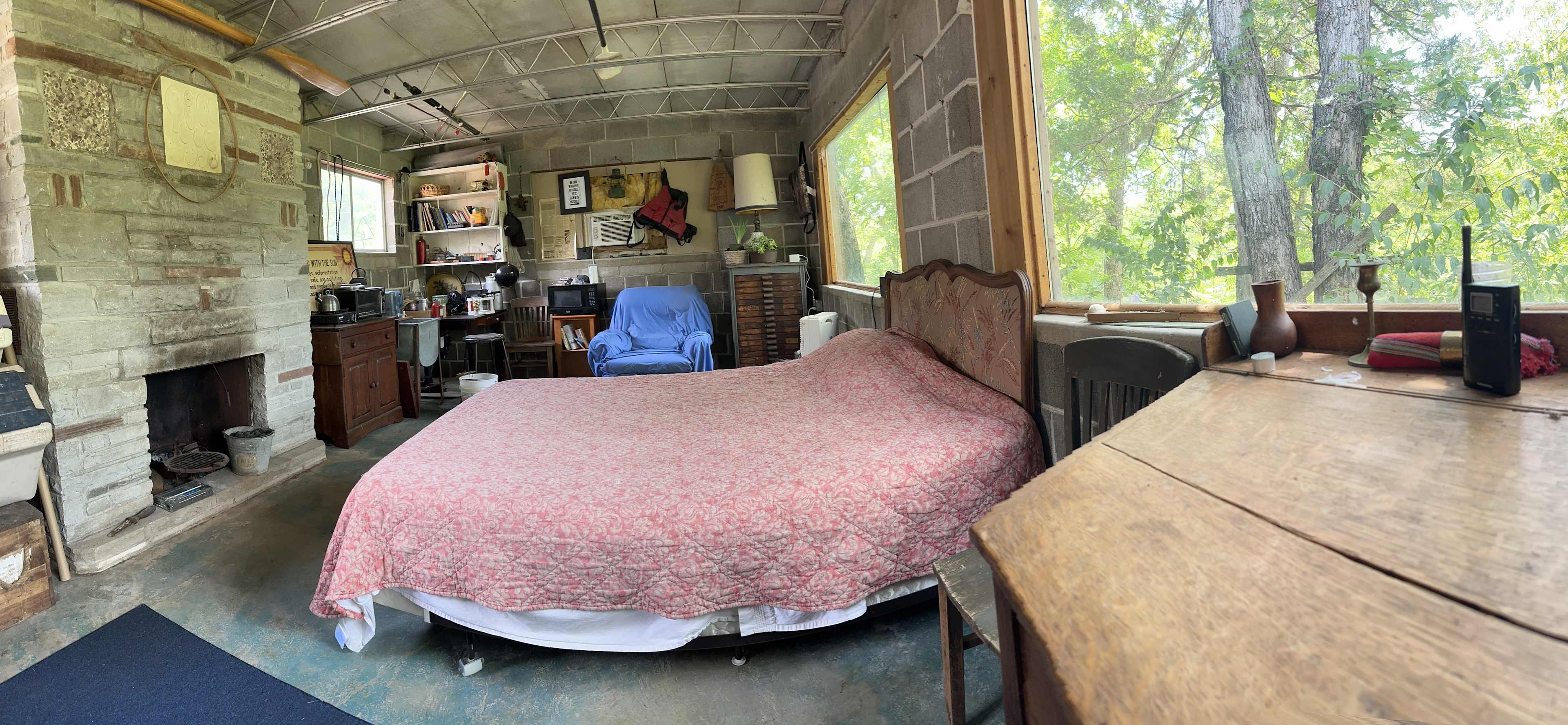
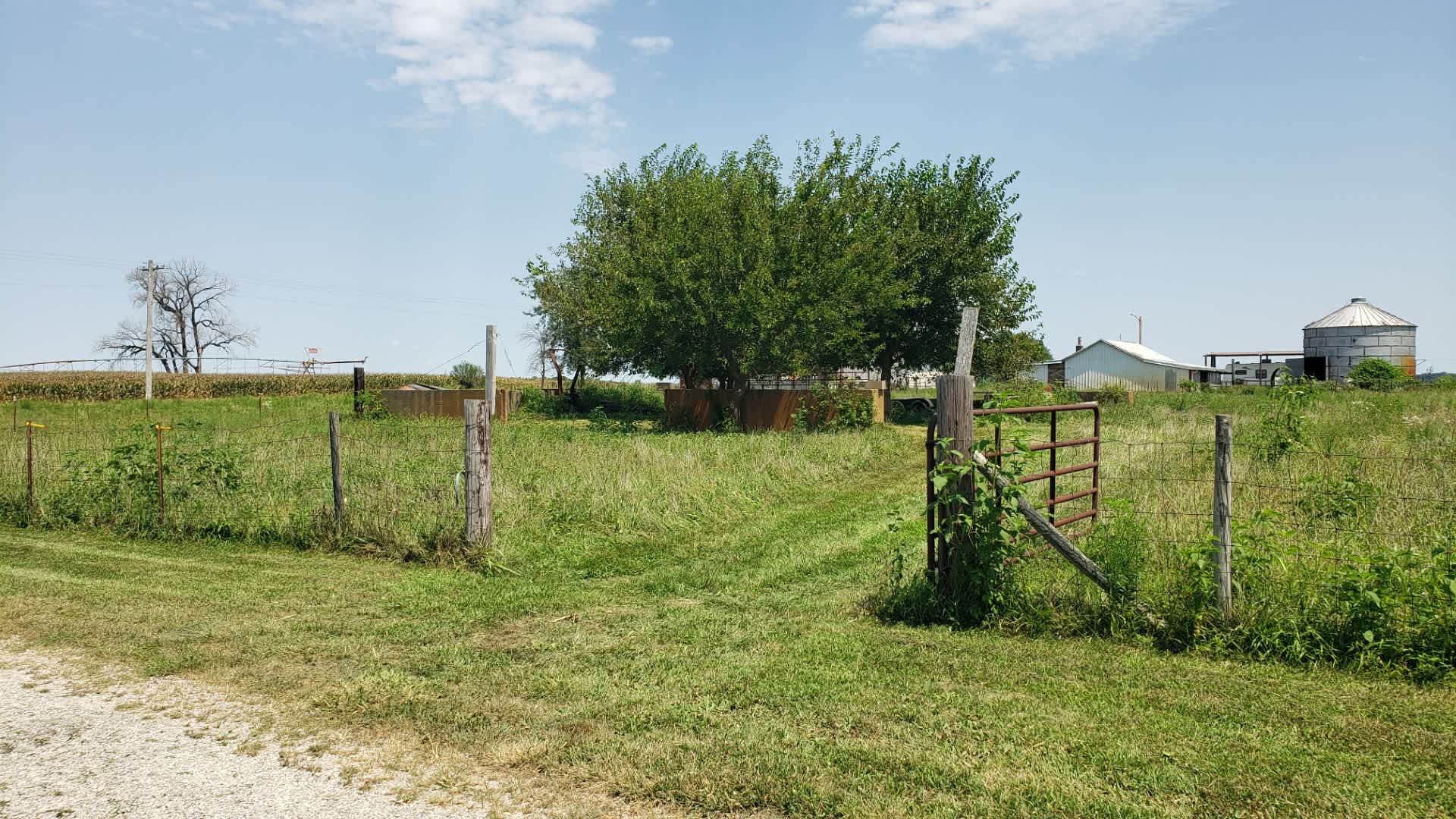
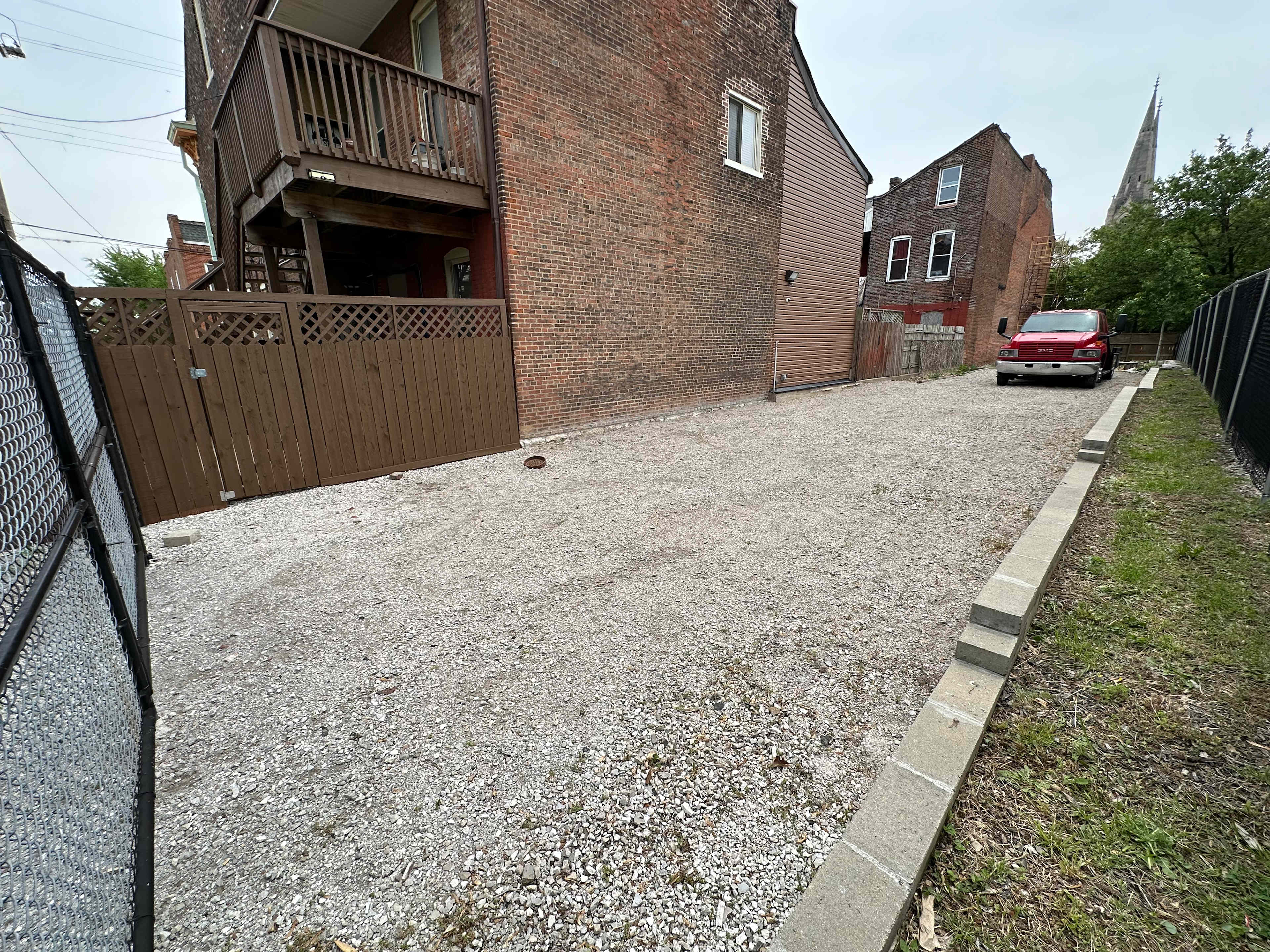
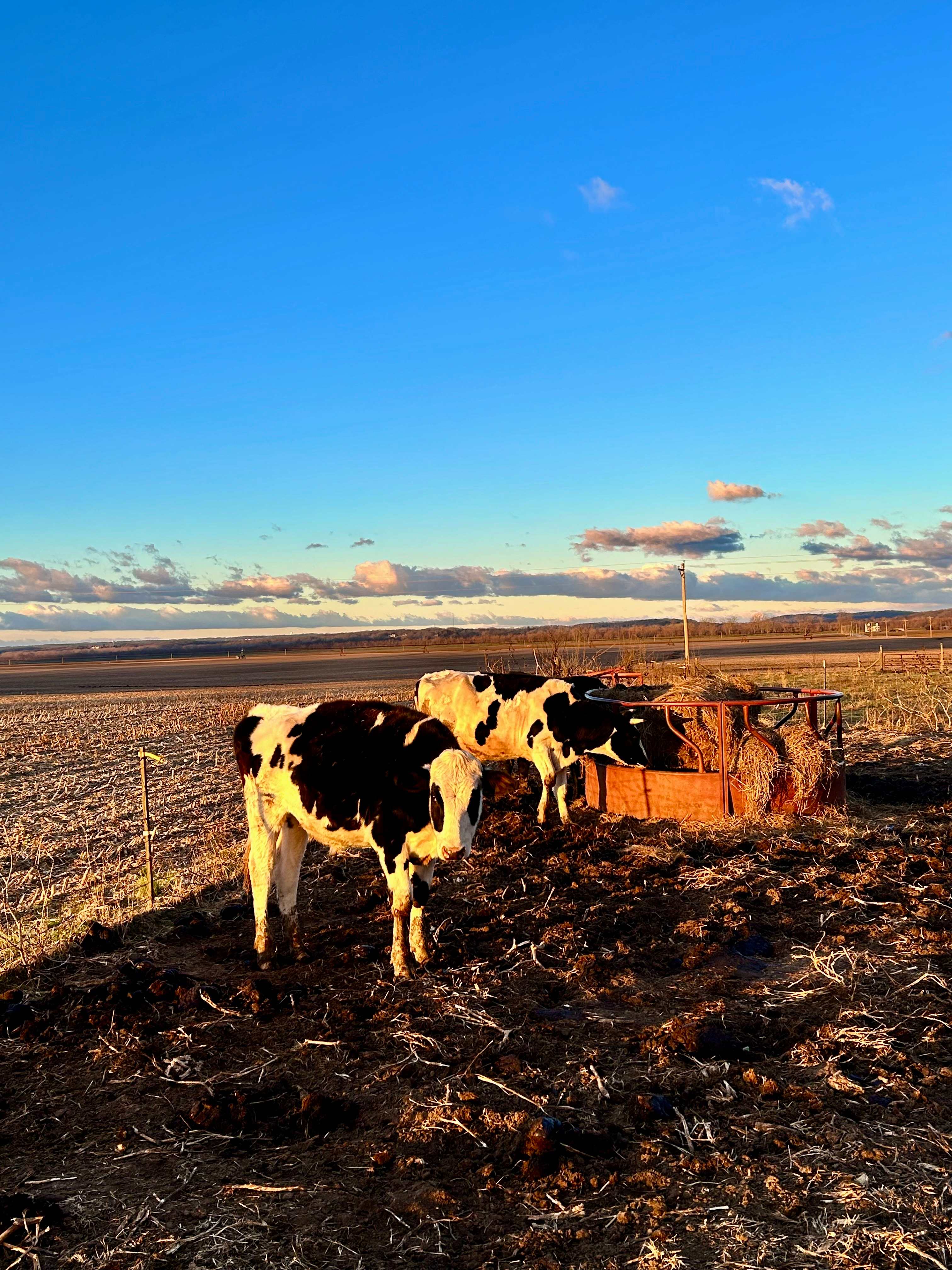
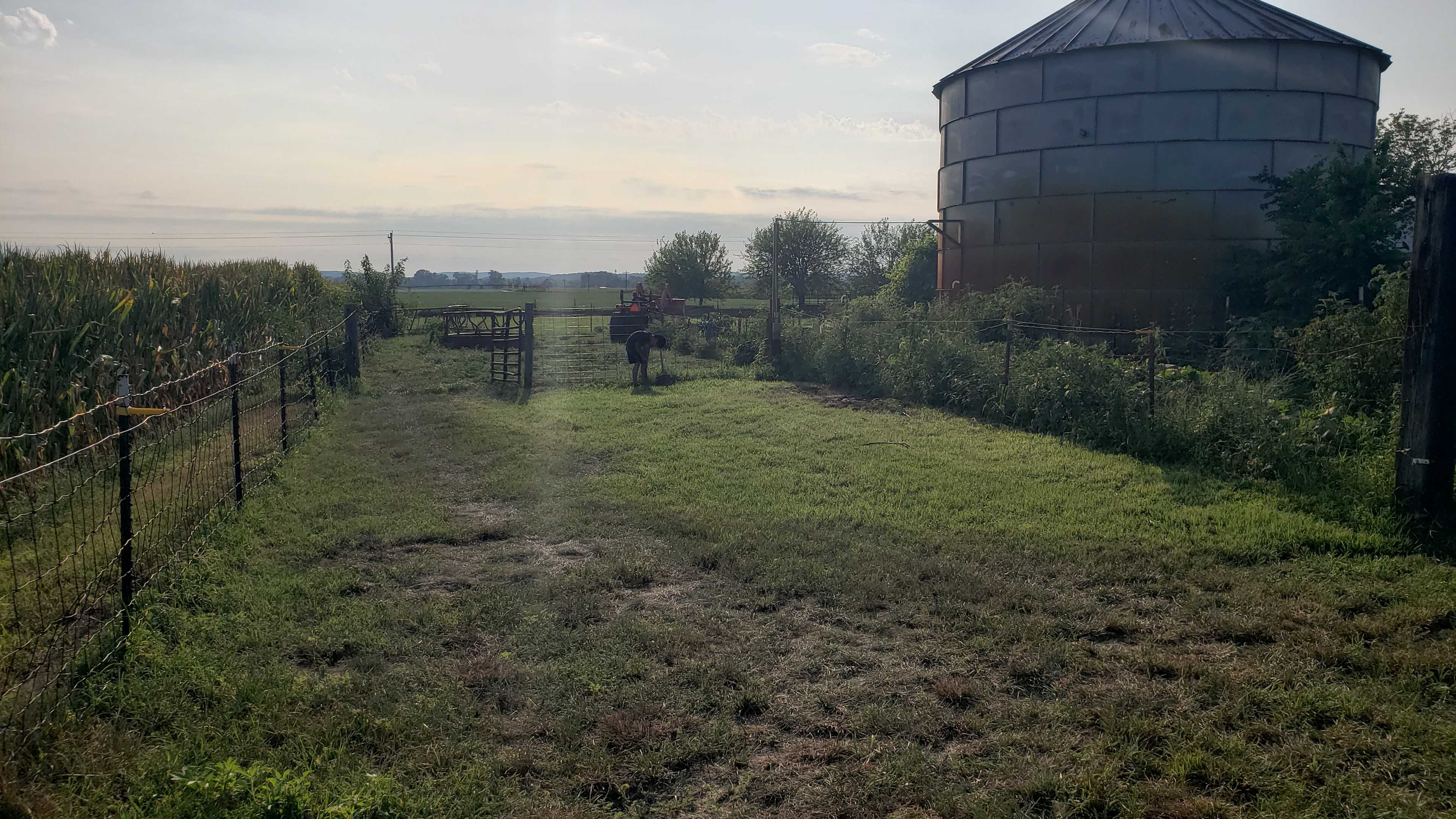
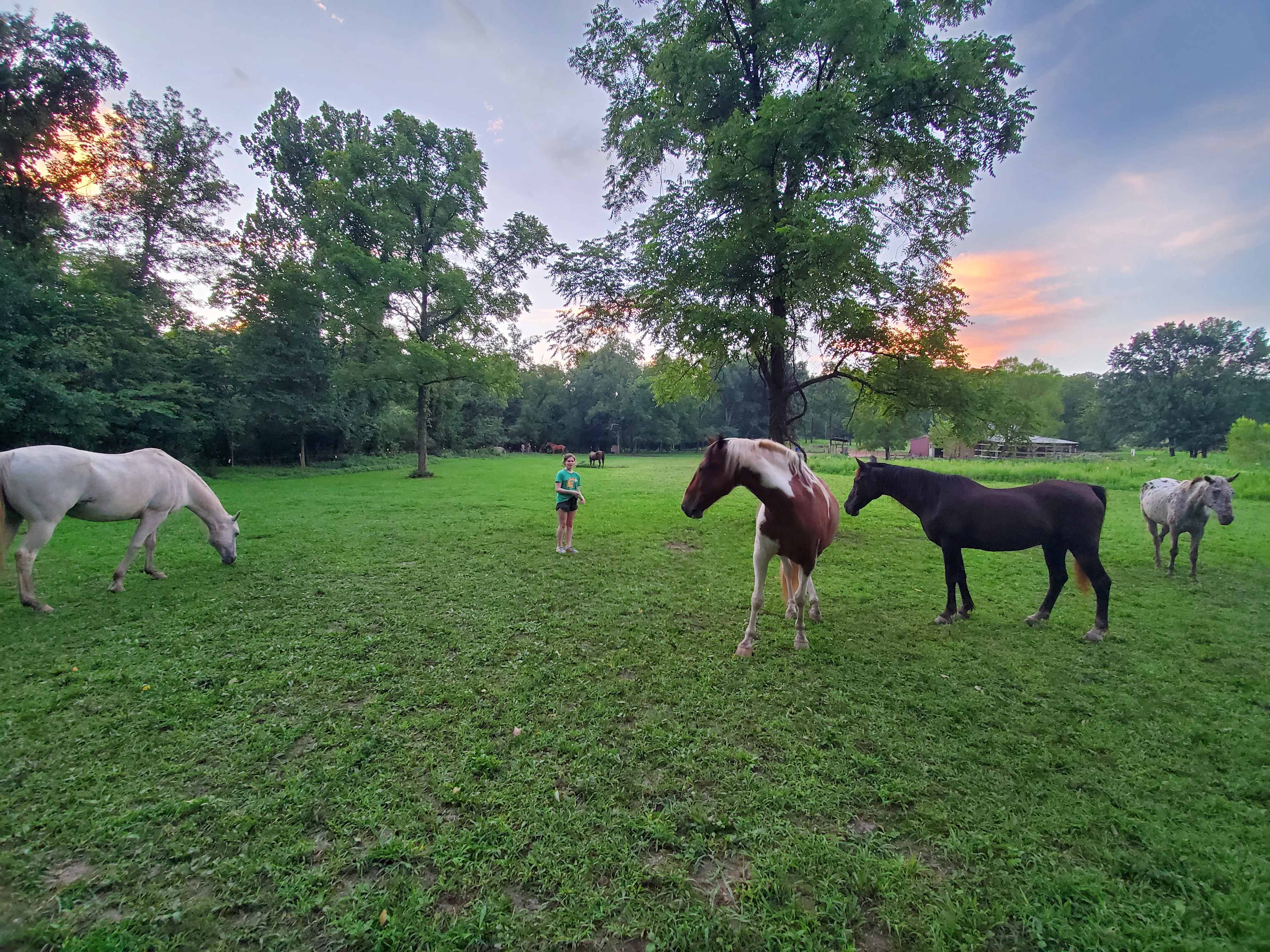

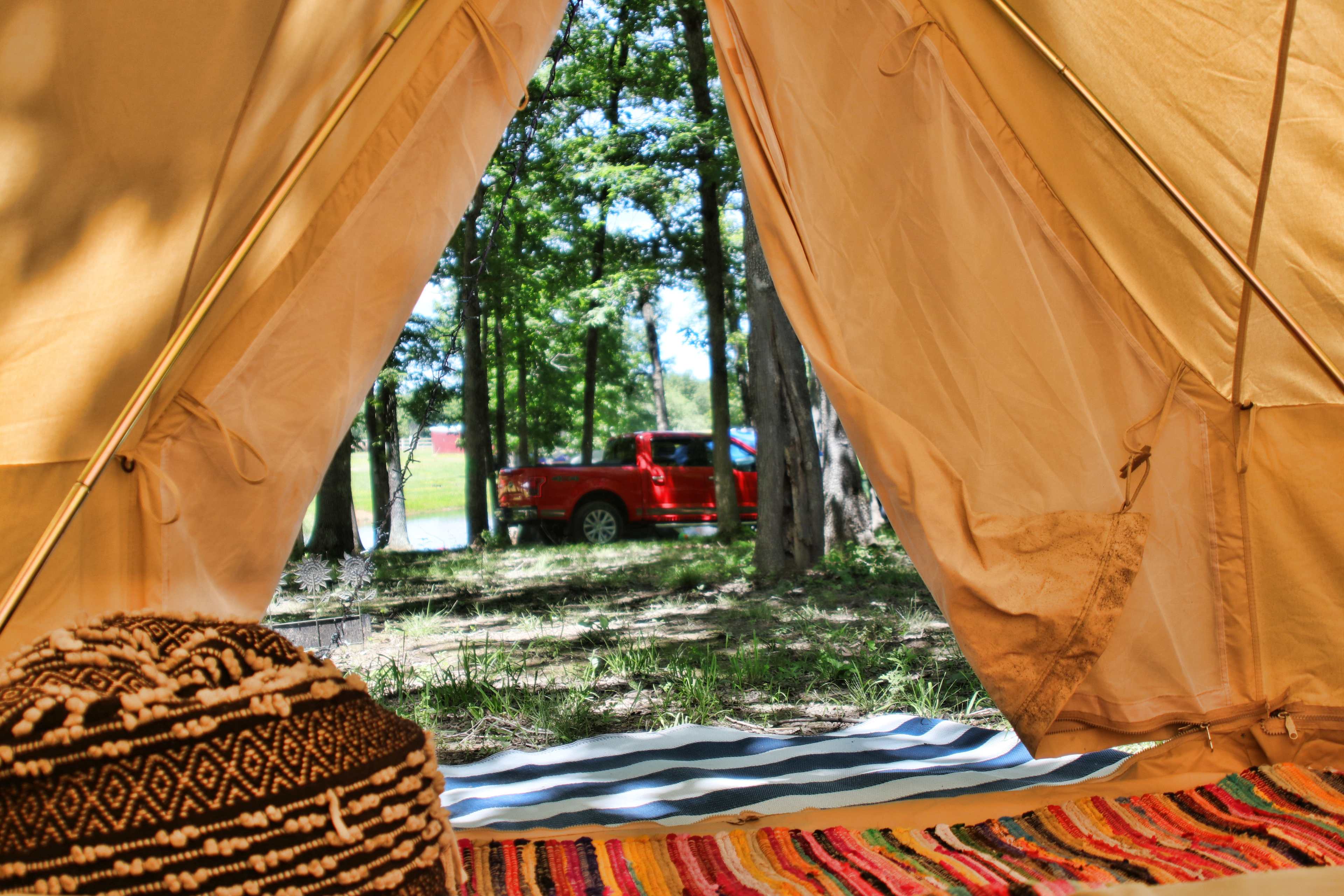
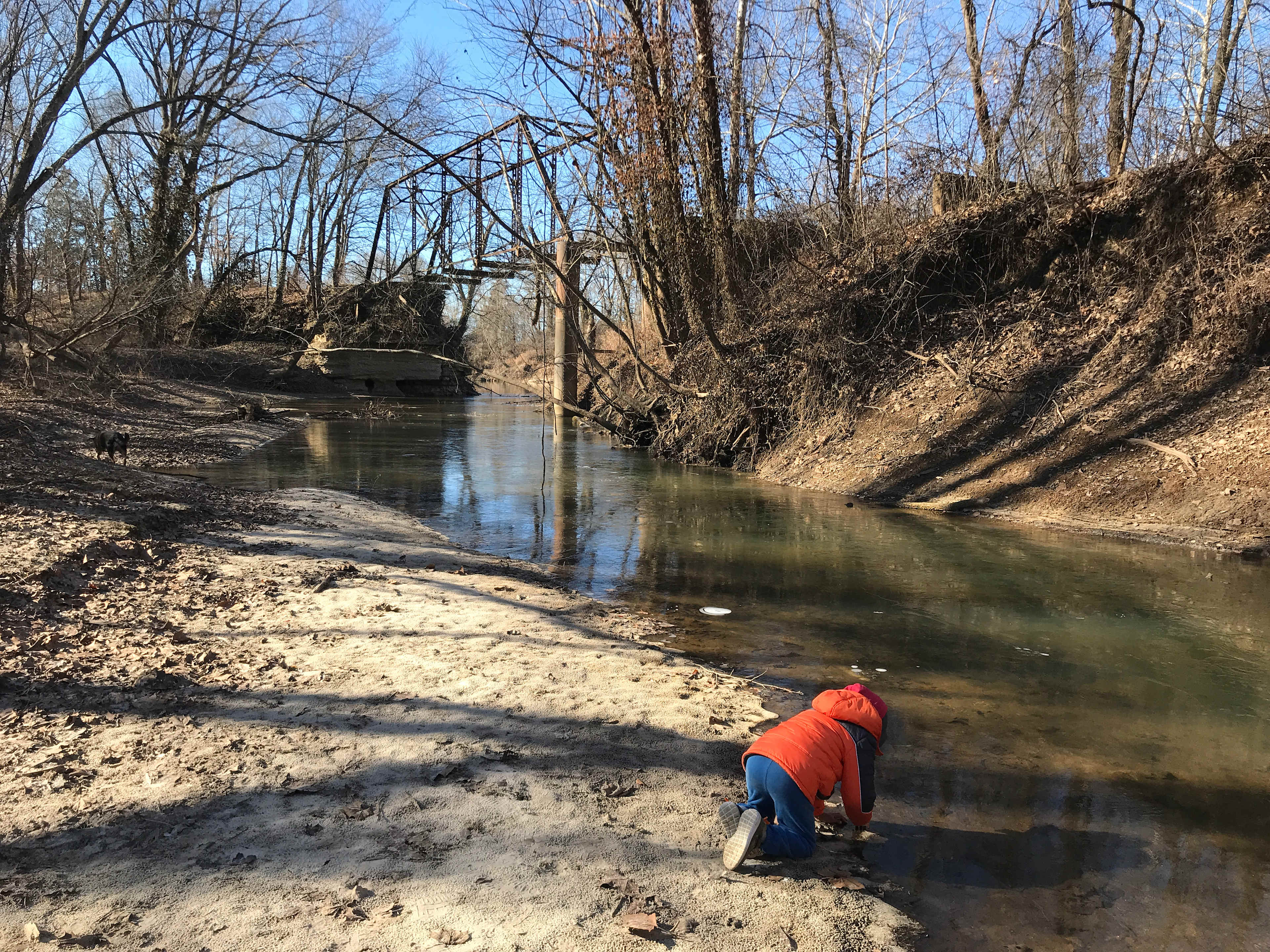
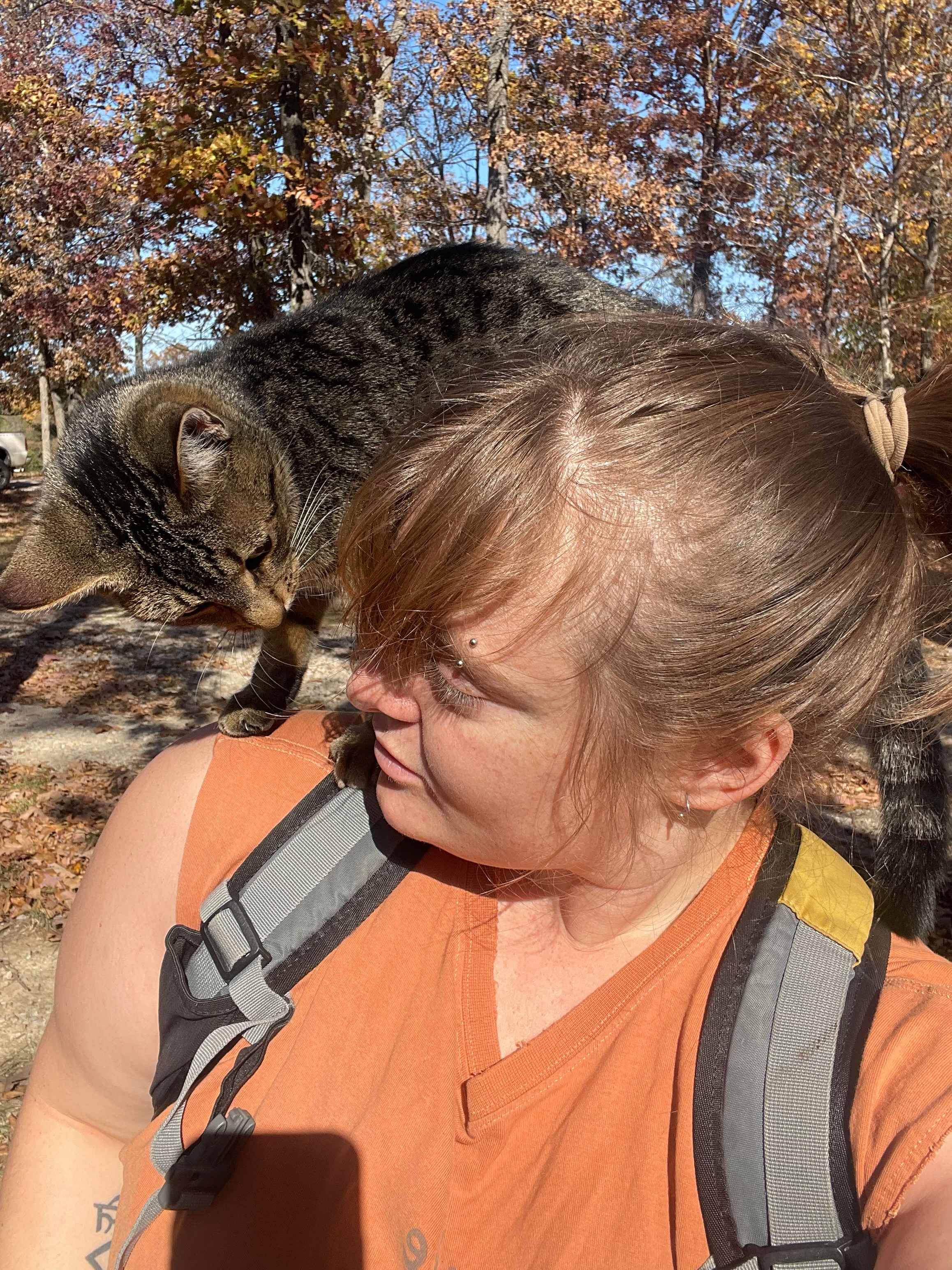
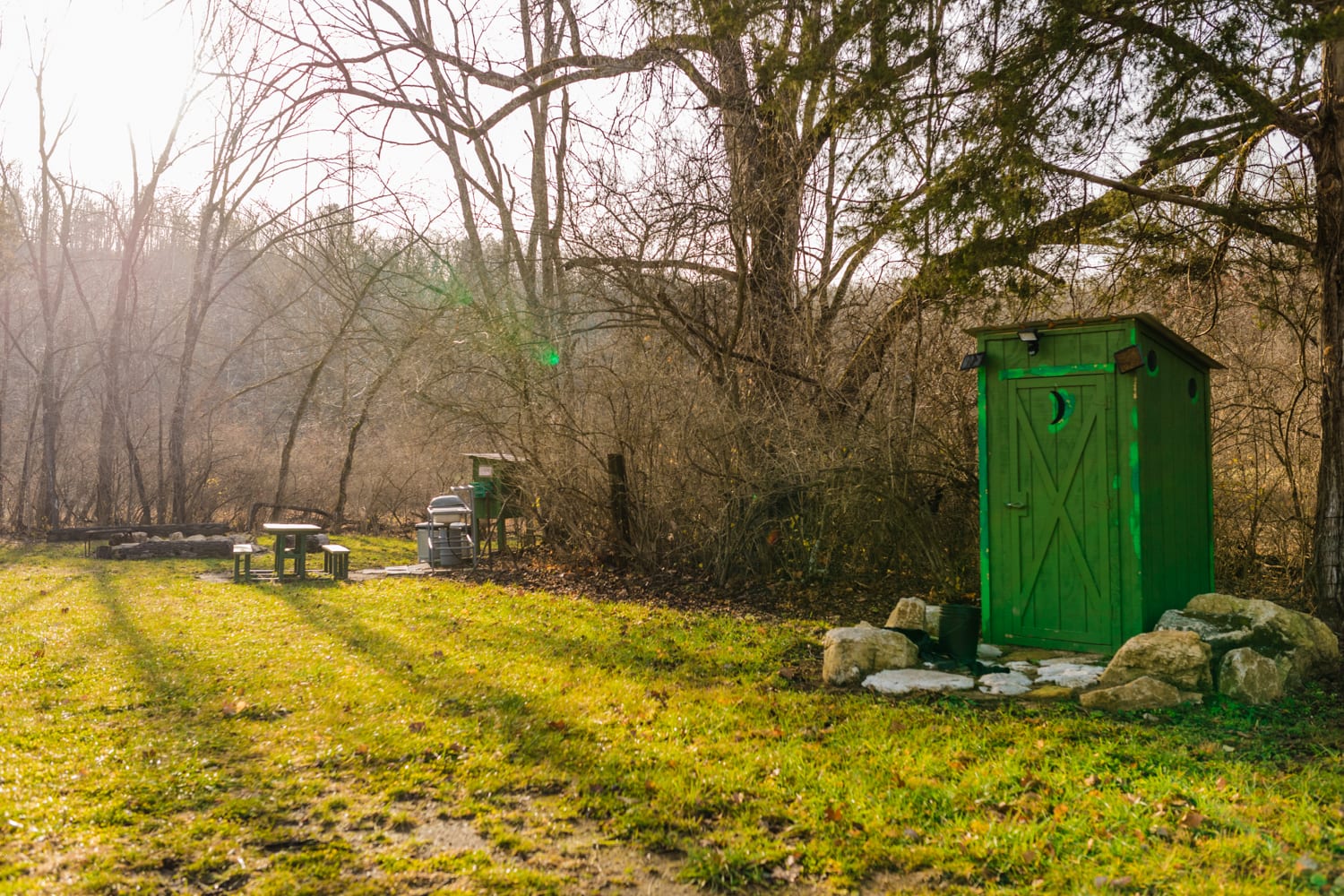
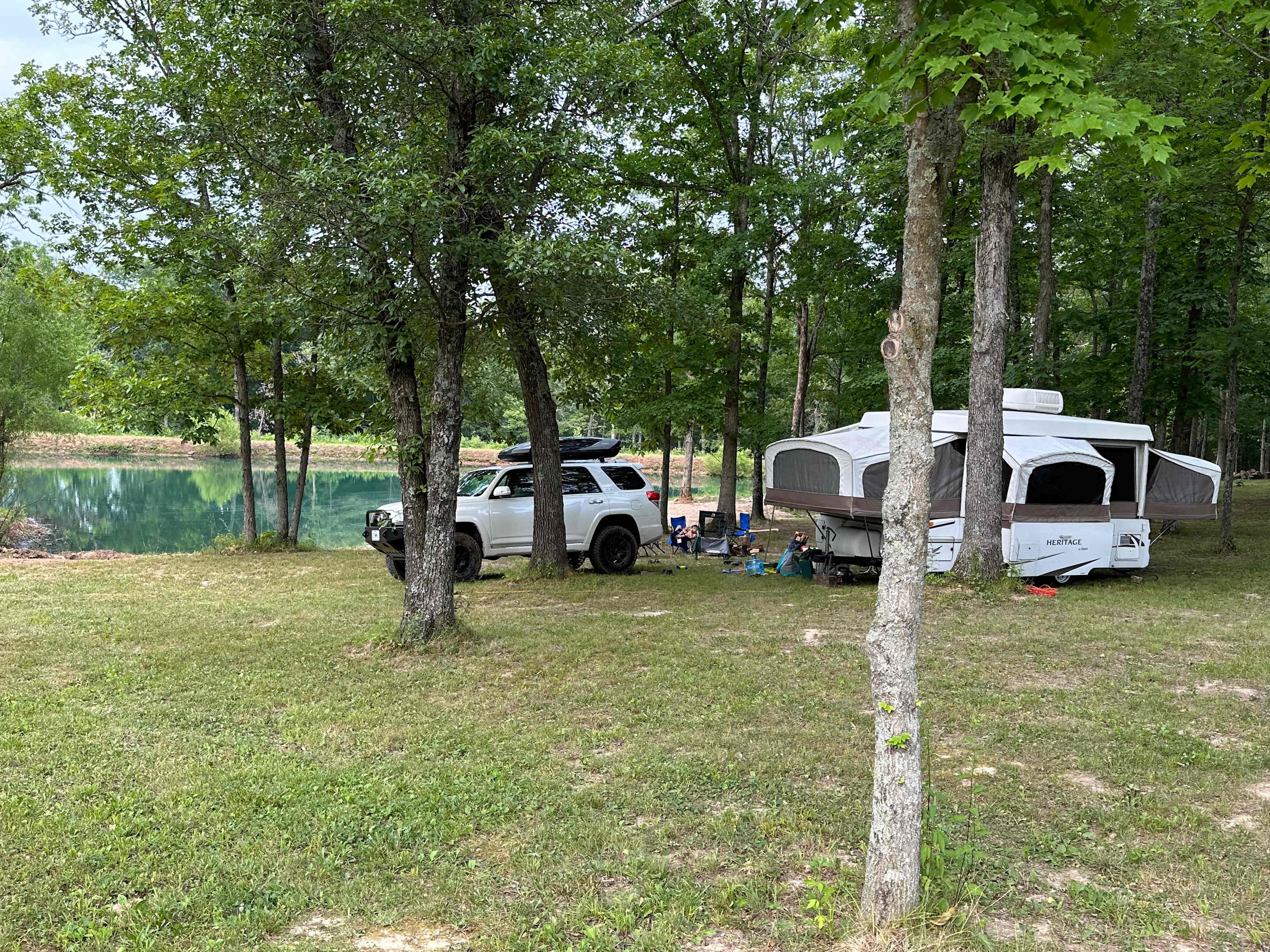
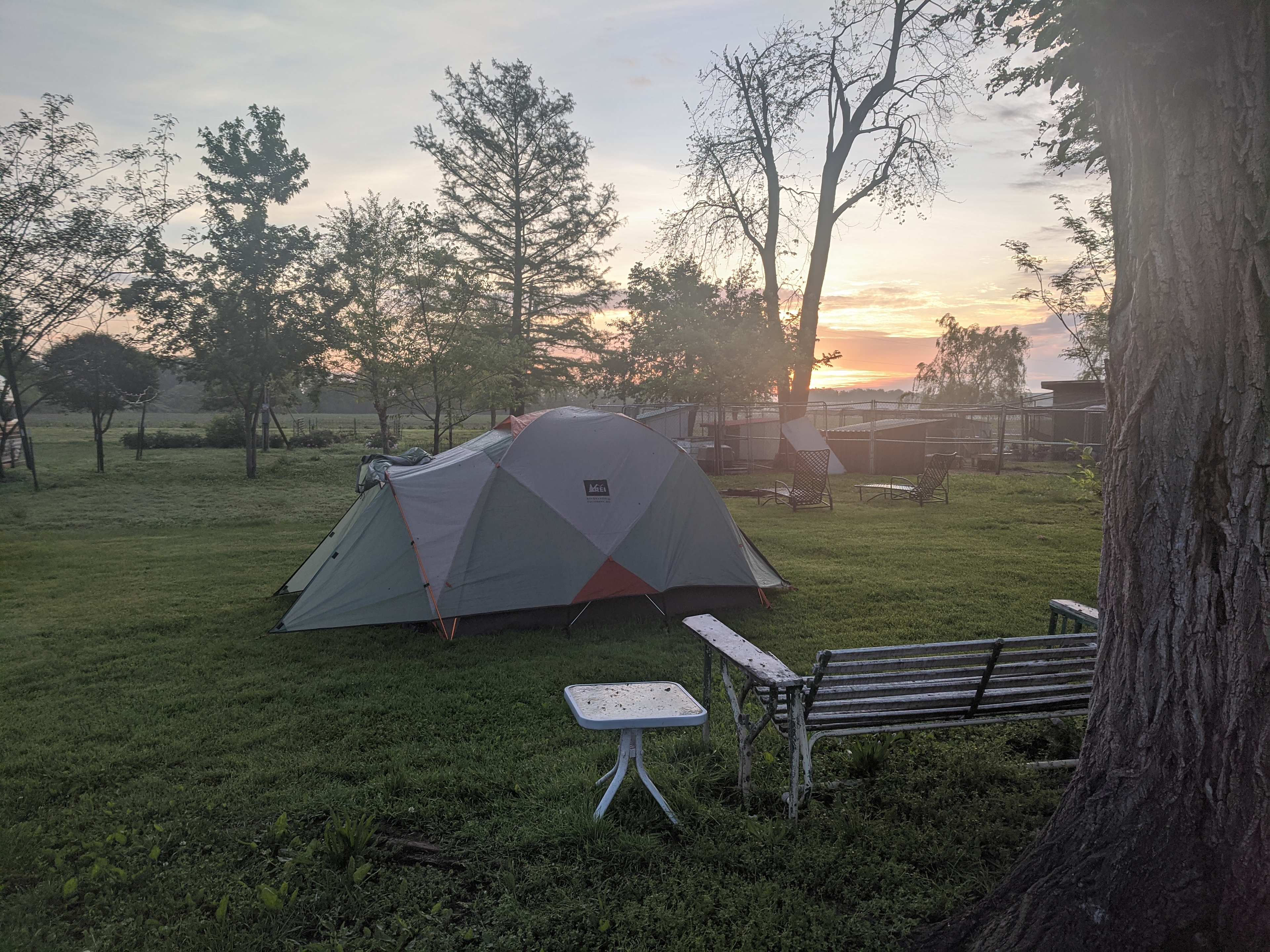
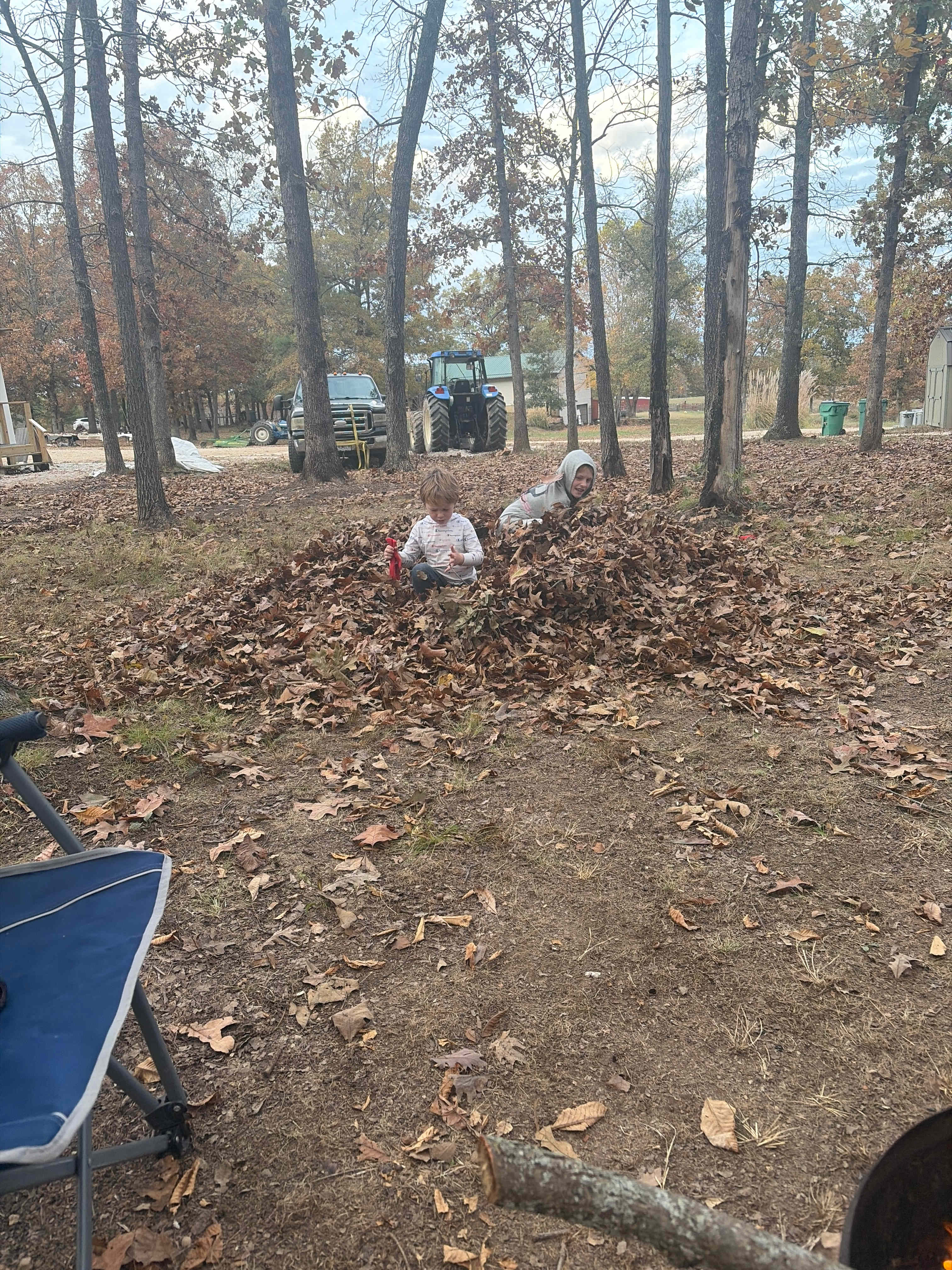
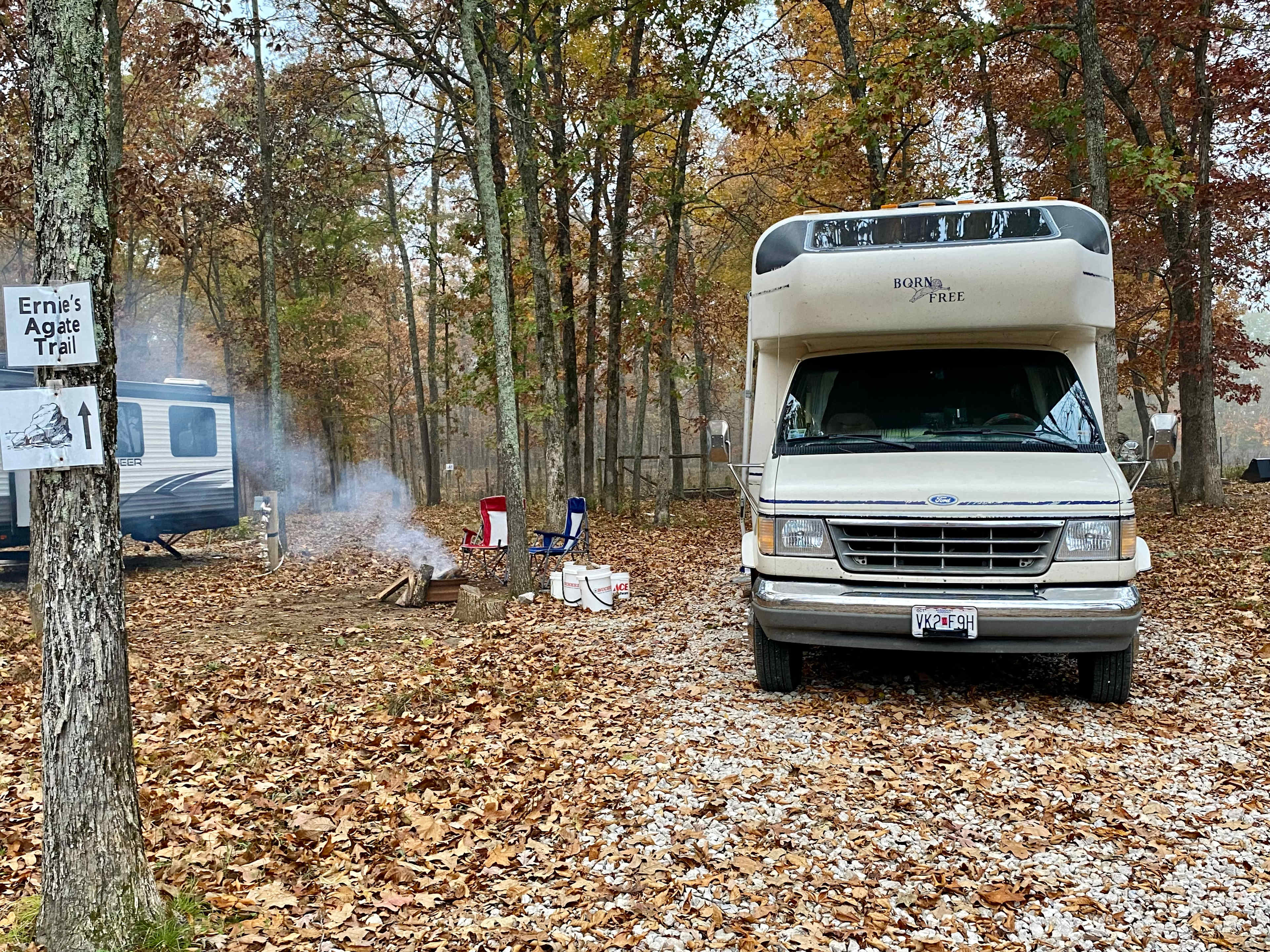
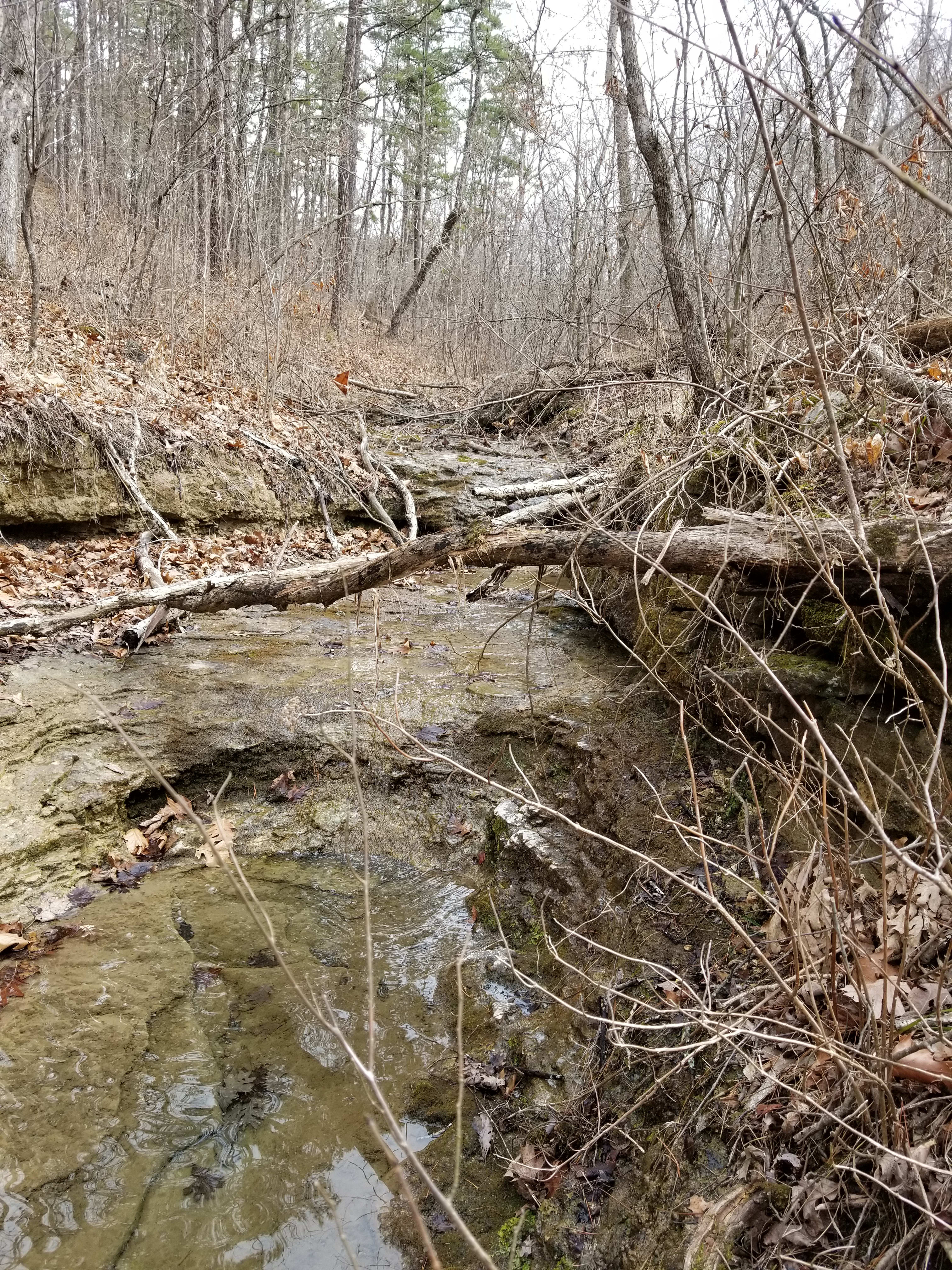
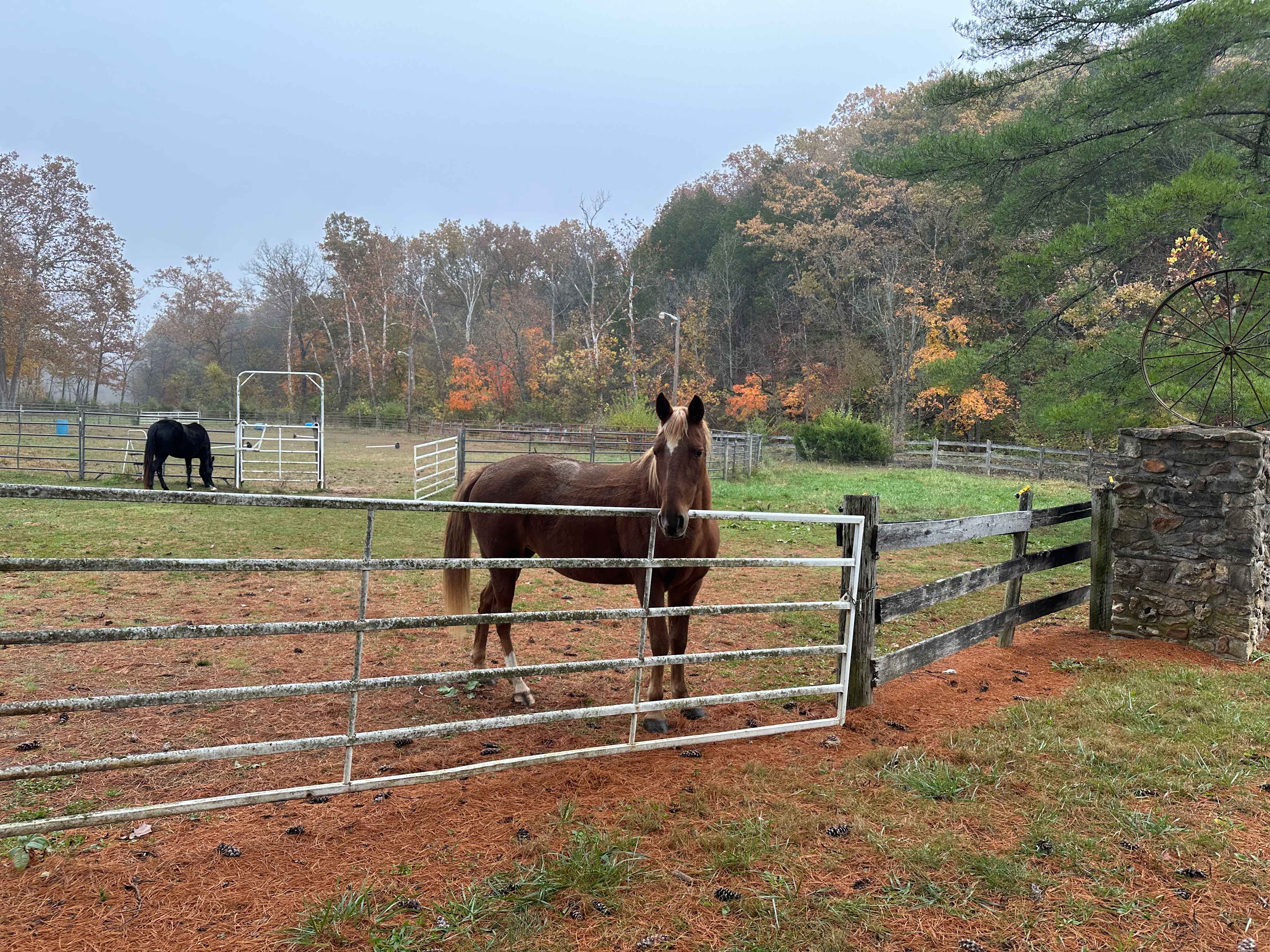

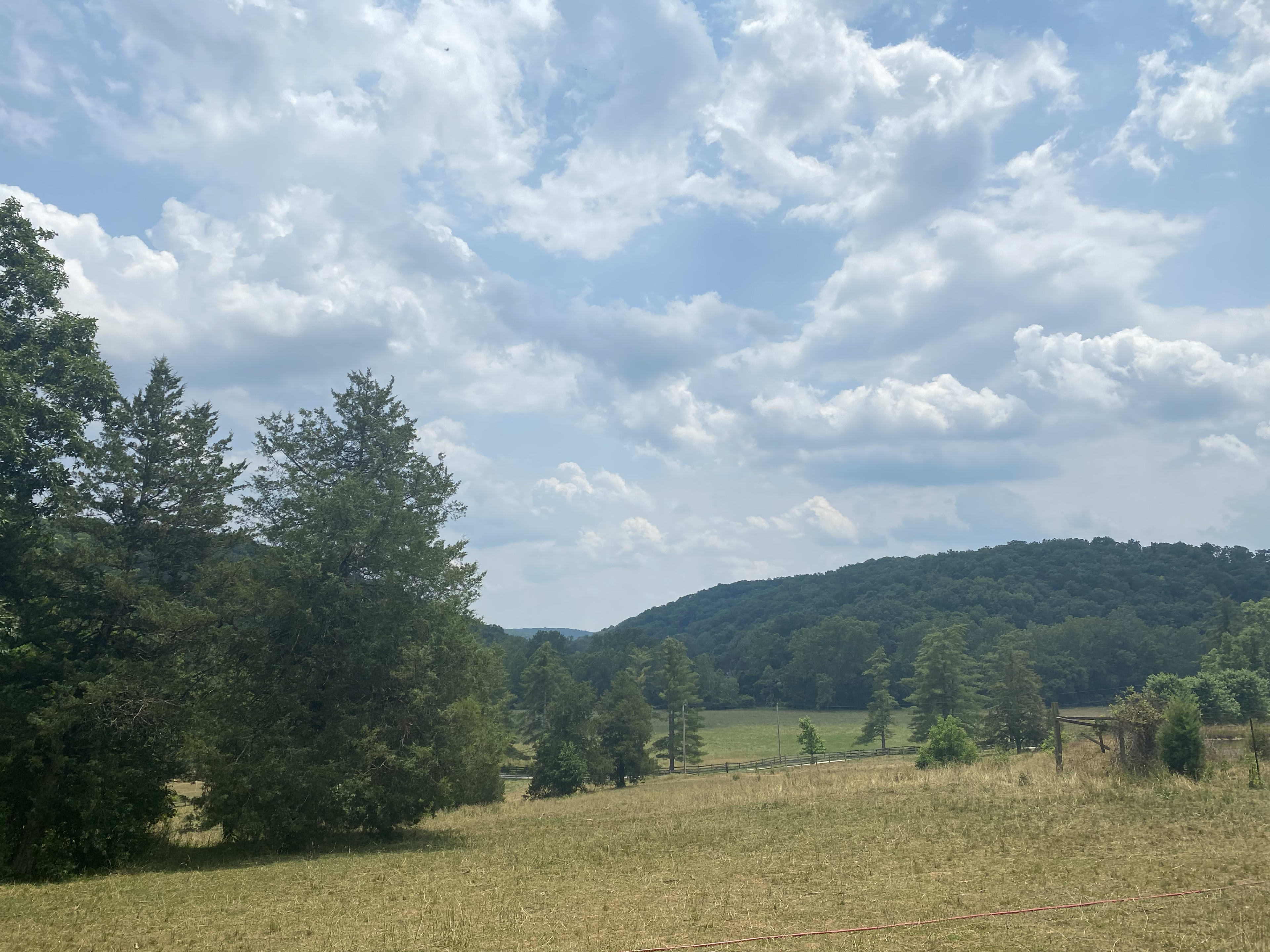

The best camping in Ulysses S Grant National Historic Site, MO guide
Overview
About
History has some ironic twists at this plantation, called White Haven. Though it was the home of Union general Ulysses S. Grant, slaves operated the property for decades.
Grant, the 18th U.S. President, had little choice in how the plantation was run. The property was owned by the family of his wife, Julia Dent. Her father owned slaves, and 18 slaves lived on the plantation in the 1850s. The impact this situation had on Grant, an abolitionist, is explored during your visit.
Start with an introductory film in the visitor center to learn the property's history. From there, walk the 1/4-mile historic trail to view the plantation. Several outbuildings still remain, including an icehouse, a chicken house, and a stone summer kitchen.
Another outbuilding, a converted horse stable, houses an interpretive museum. Grant's legacy and his relationship to his family are the subjects of several exhibits.
Your visit's highlight is a half-hour, ranger-led tour of the main house. In another ironic twist, the house is green, not white, despite the White Haven name. Dent's father named the plantation after his family's home in Maryland. The Grants made the house their own by adding several rooms after the Civil War.
While Grant was a successful general, he wasn't an effective businessman. Failed schemes caused him to incur serious debts after his presidency. Grant eventually deeded White Haven to William Henry Vanderbilt to satisfy a debt.
If time permits, visit nearby Grant Farm, which was once part of the White Haven property. That location includes the Hardscrabble cabin, built by Grant himself.
